Adam Smith Awards



Congratulations to all our 2021 Adam Smith Awards winners. Watch this space to hear winner podcasts and read their case studies!
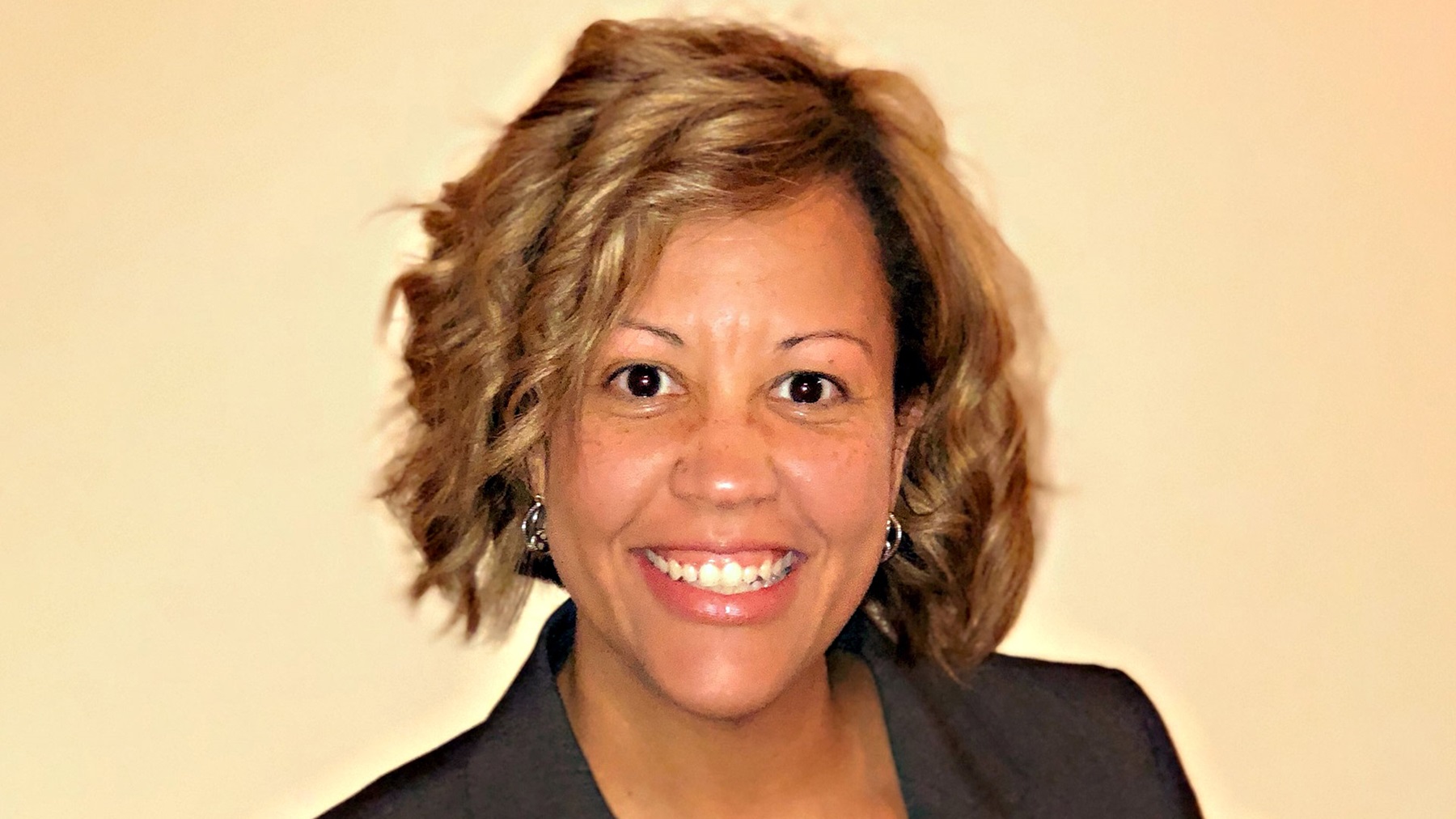
While Angela Brown’s path to success at Continental has been steady, her personal determination and dedication in the face of difficult challenges is noteworthy. Angela’s impressive climb up the leadership ladder has to be viewed in the context of her Herculean responsibilities as a single mother raising a child with a debilitating disease. Following her youngest son’s diagnosis with severe Crohn’s disease, Angela has had to balance the needs of her child with those of the business. The ability to juggle both tasks without short-changing either is a testament to her, and her passion to make a difference.

RHI Magnesita aimed to grow further, both organically and through acquisition. To support that growth, the company embarked on a mission to optimise working capital worldwide, freeing up cash for investments.
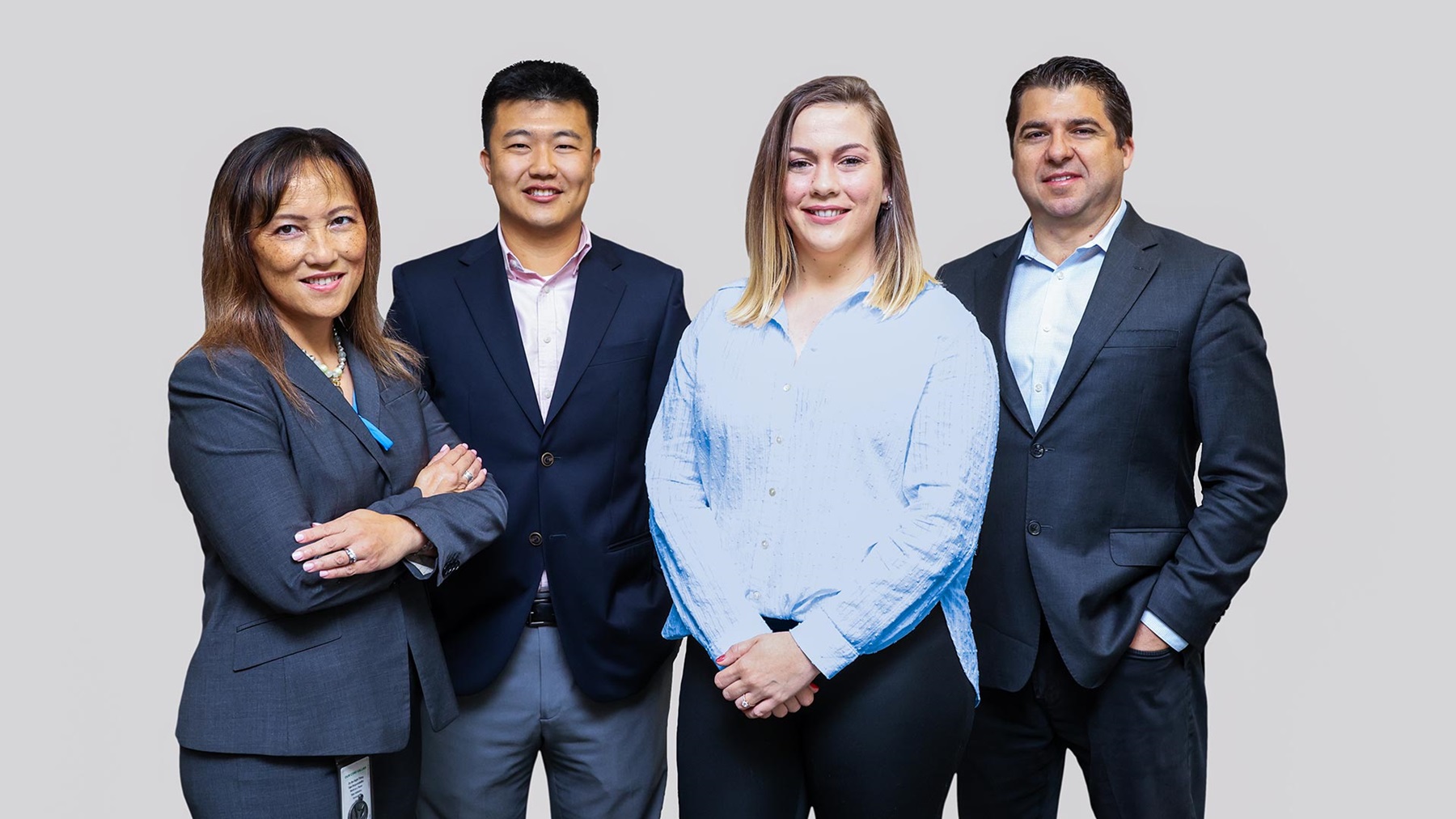
Following a series of mergers, most notably between two industry equals, which doubled the size of the company overnight, NexTier Completion Solutions Inc. emerged as the second largest completions services provider in the US OFS space. Because of the company’s frequent and ongoing acquisitions, the corporate treasury team faced the difficult challenge of managing its commercial card, purchase card (P-card), central travel account (CTA) and travel and expense (T&E) card programmes across numerous divisions. Lacking centralisation, these programmes created significant reporting, recording and spend control issues for the team. In addition, manual processes around new card requests and credit line increases with the existing card programme proved cumbersome and time-consuming. The treasury team set an objective to achieve host-to-host connectivity with a new card programme provider to drive a dramatic improvement in automation, while driving operational and financial efficiencies.
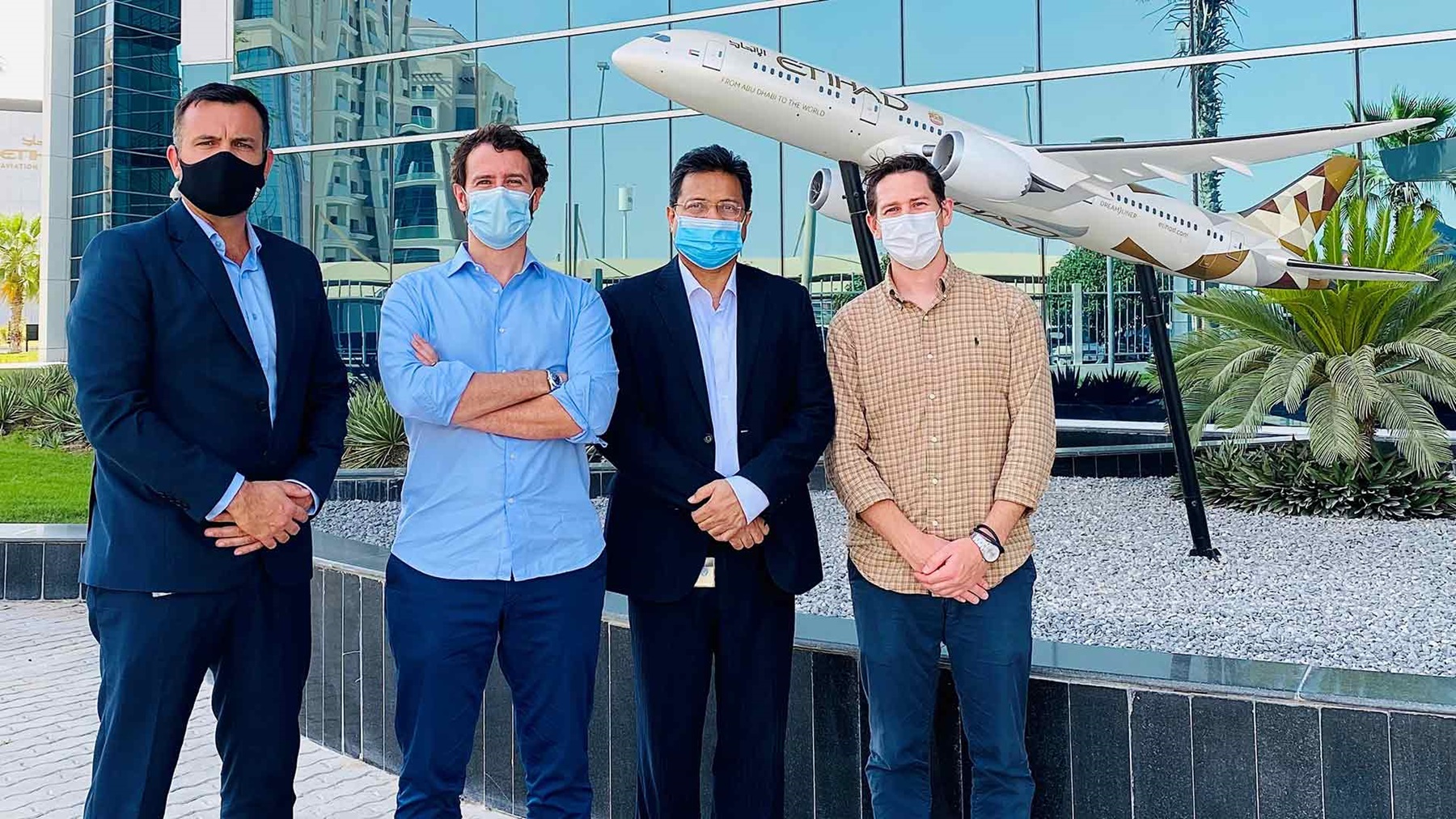
Integrating sustainability has been a key strategy at Etihad for several years. The company has a long-term target to achieve net-zero emissions by 2050 and to reduce 2019 net emissions levels by 50% by 2035. Etihad Airways formed a dedicated Sustainable Development Committee in November 2019 to define, foster and facilitate sustainability efforts within the organisation to ensure social, economic and environmental sustainability.
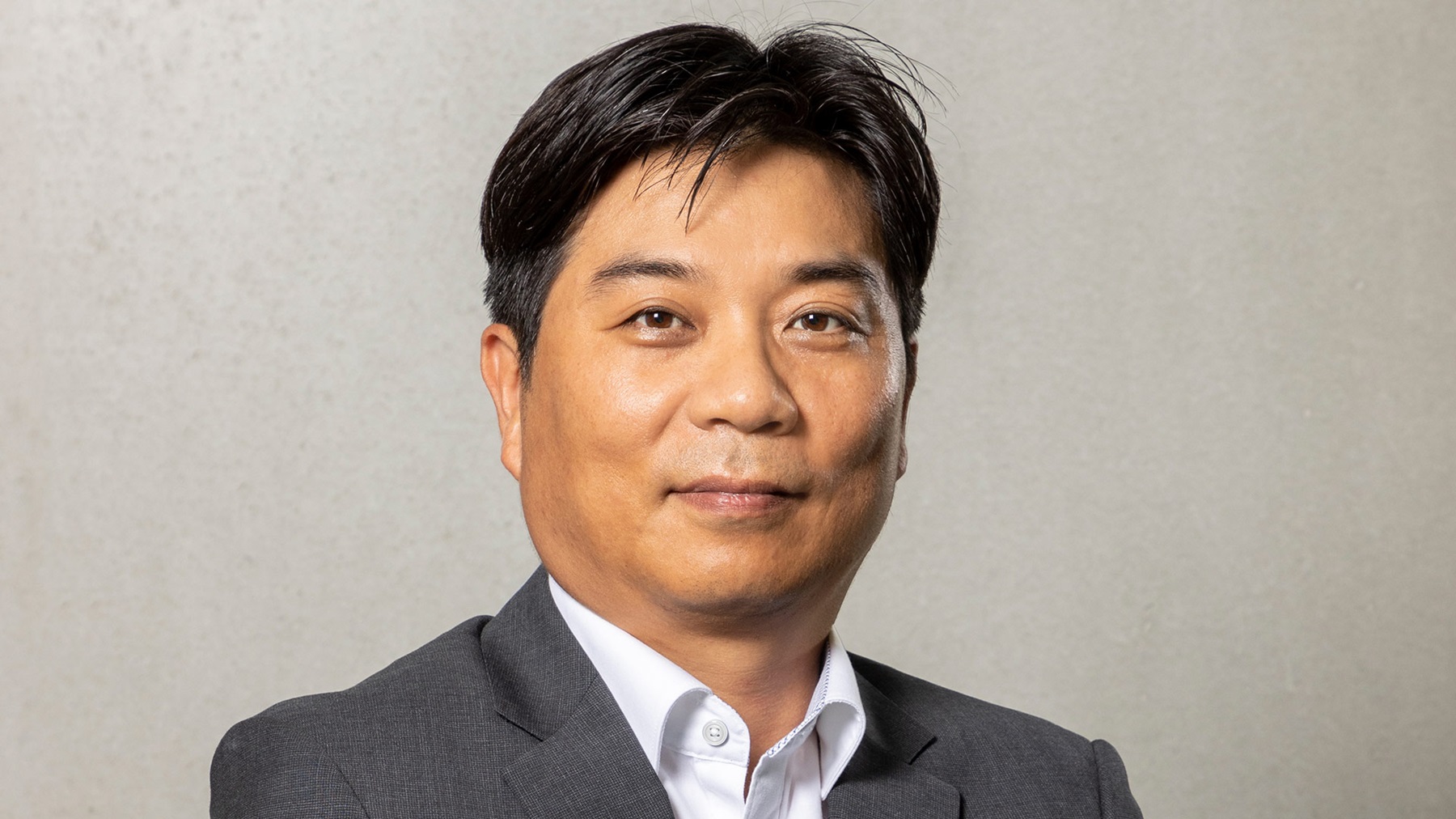

Hyundai Motor’s treasury operations such as payments, collections and liquidity management were decentralised at an entity level. Visibility of funds was not fully secured on a regional level, and liquidity fragmentation was a challenge. This resulted in some imbalance of funding. Payment flows were vulnerable to fraudulent attempts without host-to-host (H2H) connectivity. These issues negatively affected the efficiency of treasury operations and working capital optimisation. Hyundai Motor Europe as European Regional Headquarter in Germany with about 20 employees in the field of financial planning, accounting and treasury operations, was engaged in finding a secure solution to the challenging situation. Four employees are dedicated to managing the treasury operations. Due to the company’s structure, the solution needed to be an automated solution for effective management.


During 2020, FARFETCH built up considerable cash reserves of approximately US$1.5bn. Against a backdrop of near-zero global interest rates, the treasury team faced many challenges in managing this substantial cash reserve while ensuring their key treasury objectives were met.

Martin Schlageter has been a senior leader, and figurehead, in the EMEA corporate cash management and treasury space for the last 20 years. Jointly with his team, he’s shaped Roche’s world-class global treasury and cash management organisation. Martin embraces innovation and throughout his career has been an early adopter of technology to streamline processes.
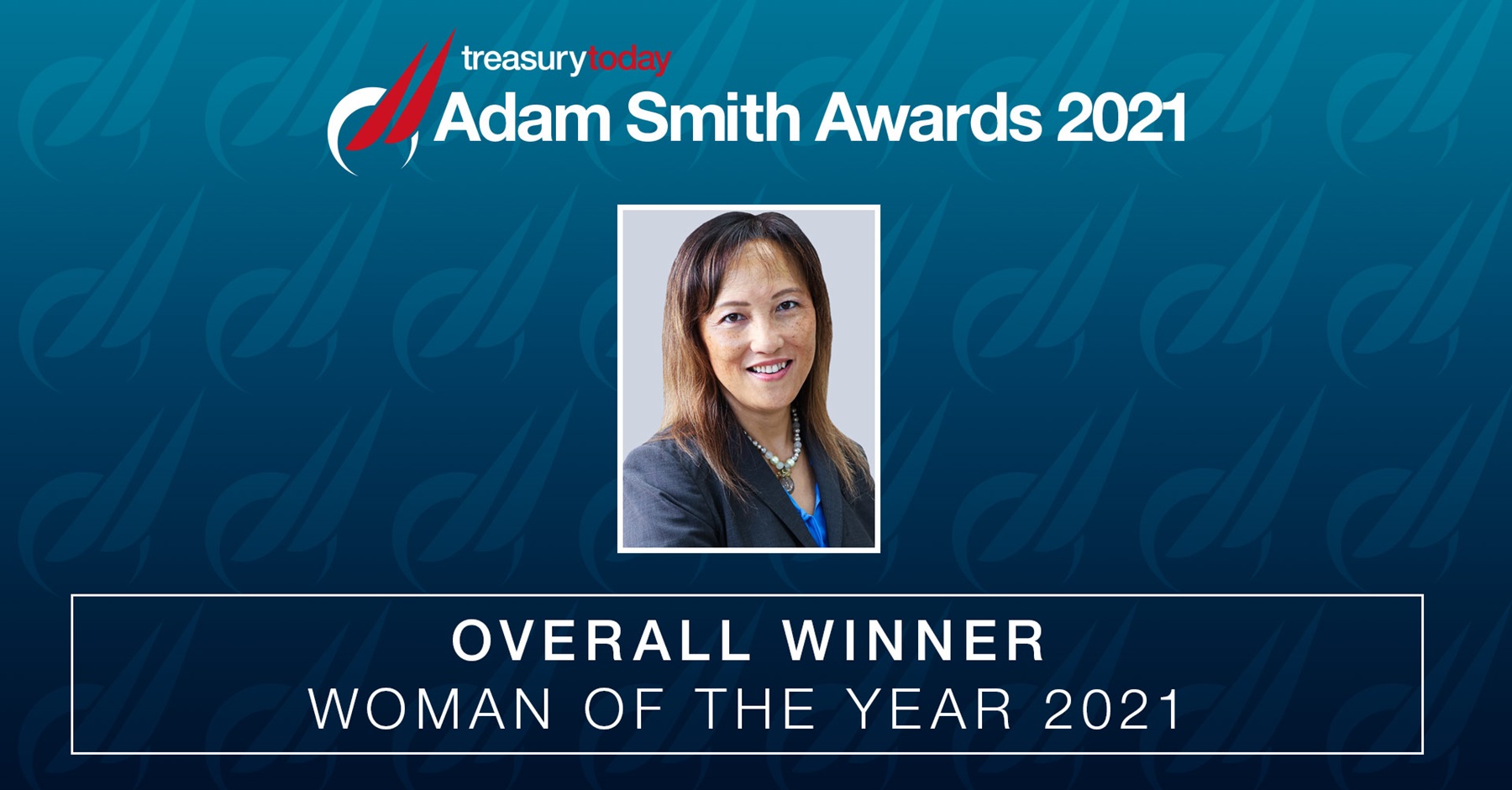
Phung Ngo-Burns is the 2021 Overall Winner of Treasury Today’s Woman of the Year award. Phung is an outstanding example of a treasury professional who is also a committed member and leader within and outside of her organisations. She is an accomplished financial professional with a proven track record across accounting, finance, control, tax, treasury, audit and SOX activities. Phung has demonstrated success in delivering financial and operating solutions, leading to commercial business development and crisis management in a highly competitive industry. She is a dedicated and consummate professional who is accomplished in building collaborative relationships between finance and operations, whose insights and acumen have delivered significant development projects and in implementing financial strategy.
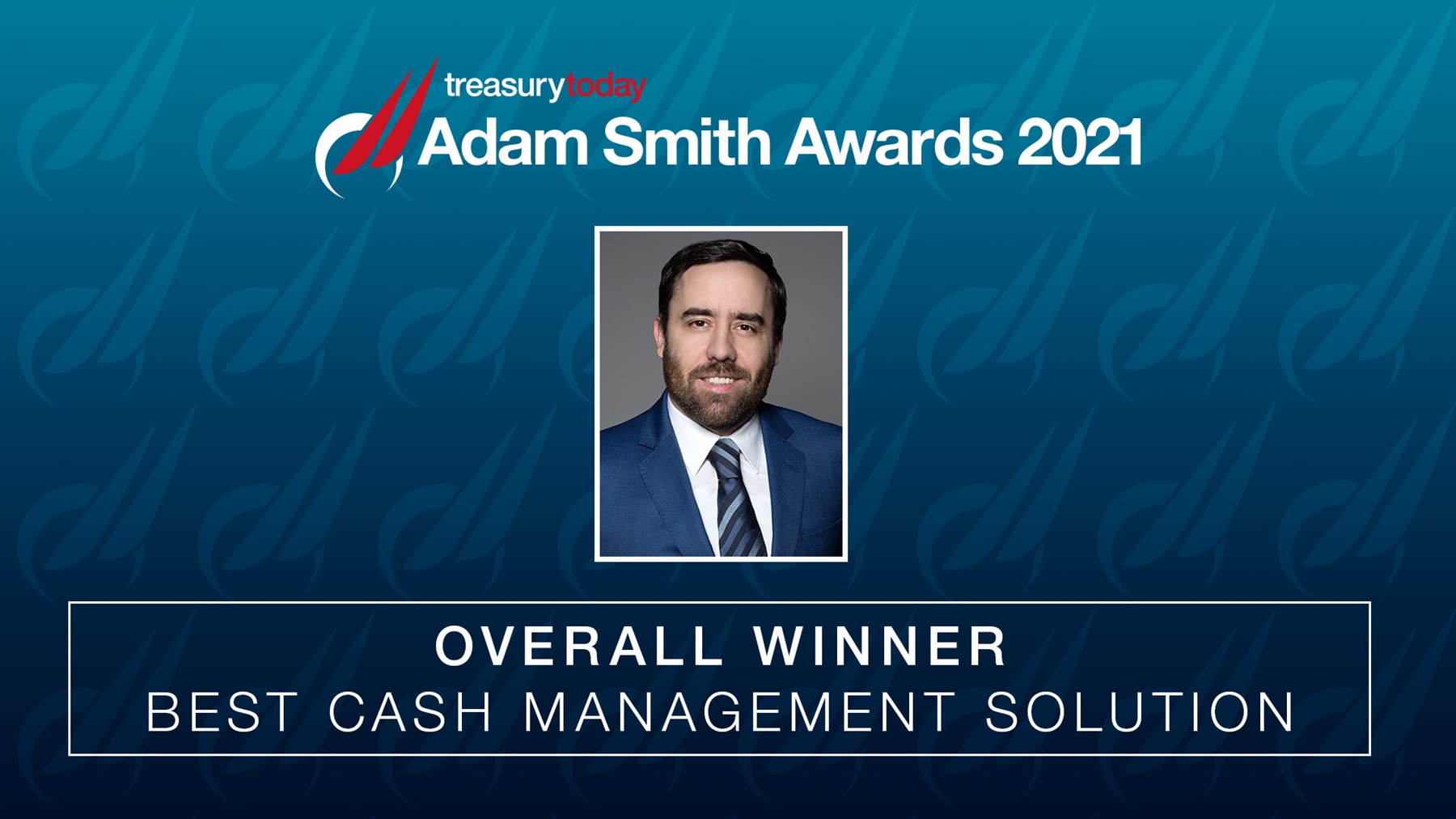
Dana was managing local liquidity via a single entity multi-currency notional pooling structure in Europe. However, while the structure was functioning smoothly, Dana was not able to fully unlock the value of their global liquidity due to a fragmented banking landscape and legacy platforms. Consolidation of balances from certain regions was executed manually, with limited visibility during operating business hours. This increased working capital costs due to local liquidity buffers and idle cash, leading treasury to seek a global liquidity structure ensuring full control and improved visibility.
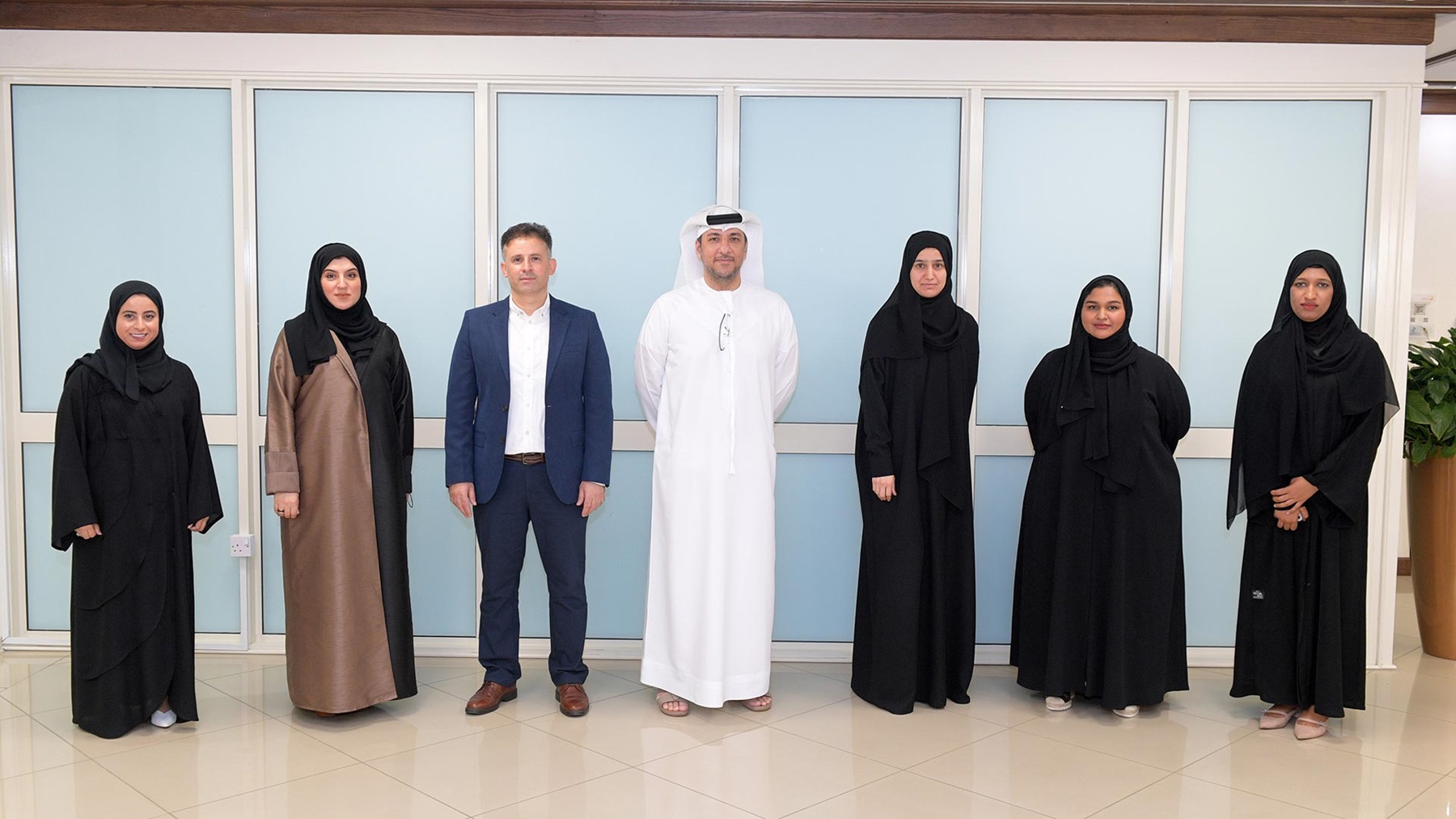
A lack of automation and the heavy use of paper left Dubai Municipality’s finance department facing many challenges, especially in its accounts payable (AP) department. The department had to manage the burden of direct commissioning requests, customers arriving in person to the department’s headquarters to deliver documents and invoices and the ensuing office overcrowding, traffic congestion and risks of valuable information getting lost.
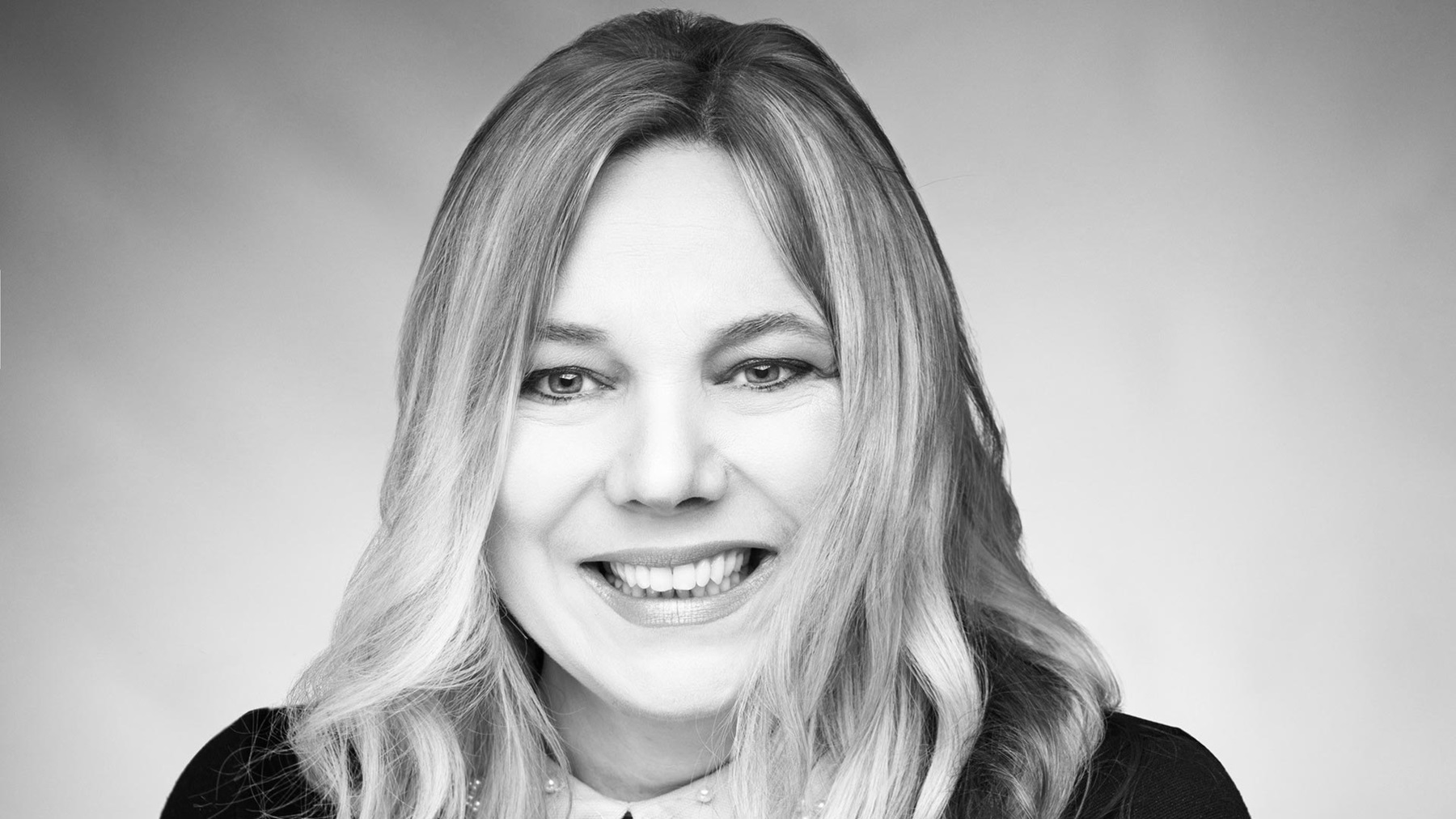
Buying its biggest competitor* during the outbreak of the global pandemic was truly remarkable. At the time where the regulator recommended to the insurance sector in the UK to think about postponing dividends, Phoenix treasury team was not only dealing with the crisis and business as usual but also structuring innovative deals to enable the funding of a major transformational deal.
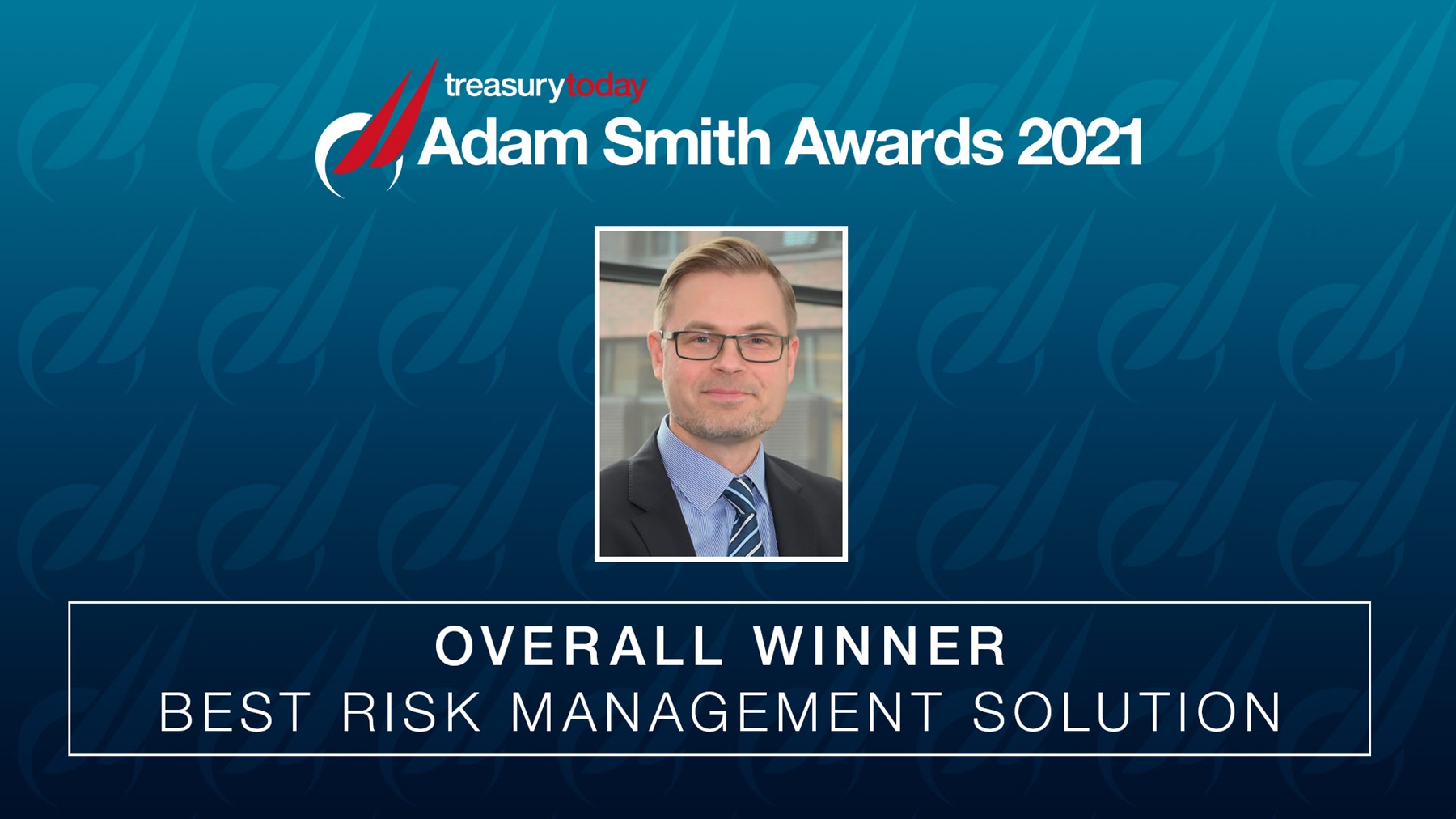
Wärtsilä had concerns when managing changes to supplier master data for payments. It was looking for a more efficient and automated way of validating bank accounts and catching possible fraud attempts before making payments to the many suppliers in their global network.

When COVID-19 struck, Avis Budget Group’s (ABG) business came to a grinding halt as travel, stay at home orders and lockdowns essentially shut down business and leisure travel. During Q2 of 2020 revenue declined by 67%. Hertz, a major competitor, filed for bankruptcy and there were concerns ABG would suffer the same fate. All plans were put on hold and the company quickly decided to focus on four key areas to ensure survival, namely reducing headcount, eliminating non-essential expenditures, reducing fleet and bolstering liquidity.

The overarching challenge experienced by Jan Beukes, Group Treasurer was that he and his team had a list of projects to deliver whilst everybody was working from home as a result of the COVID-19 pandemic. His team continues to work from home so the successful implementation of the many projects that have been delivered is a marvellous achievement.
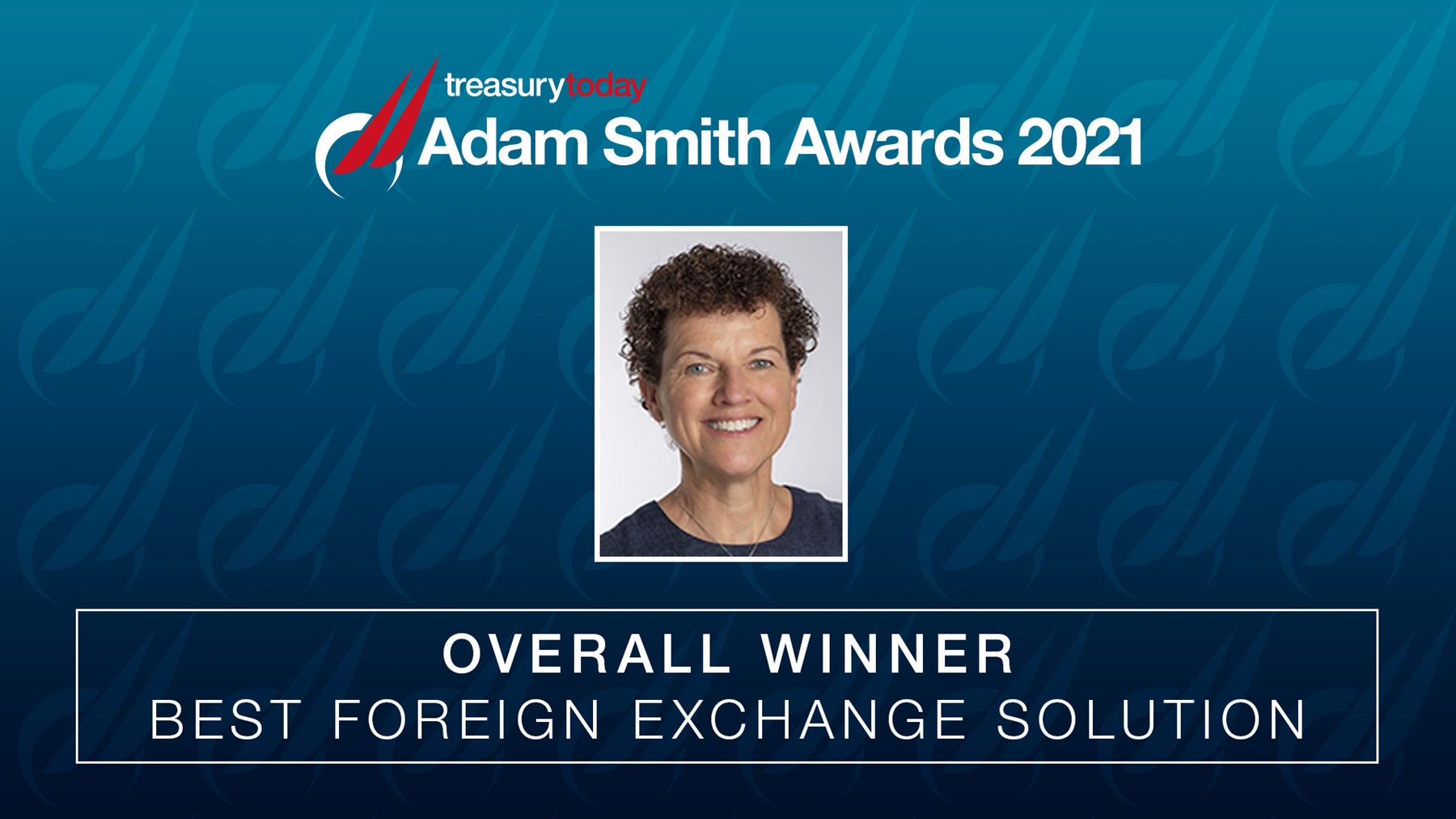
In early 2020, Tesco agreed to sell its businesses in Thailand and Malaysia to CP Group for US$10.6bn.
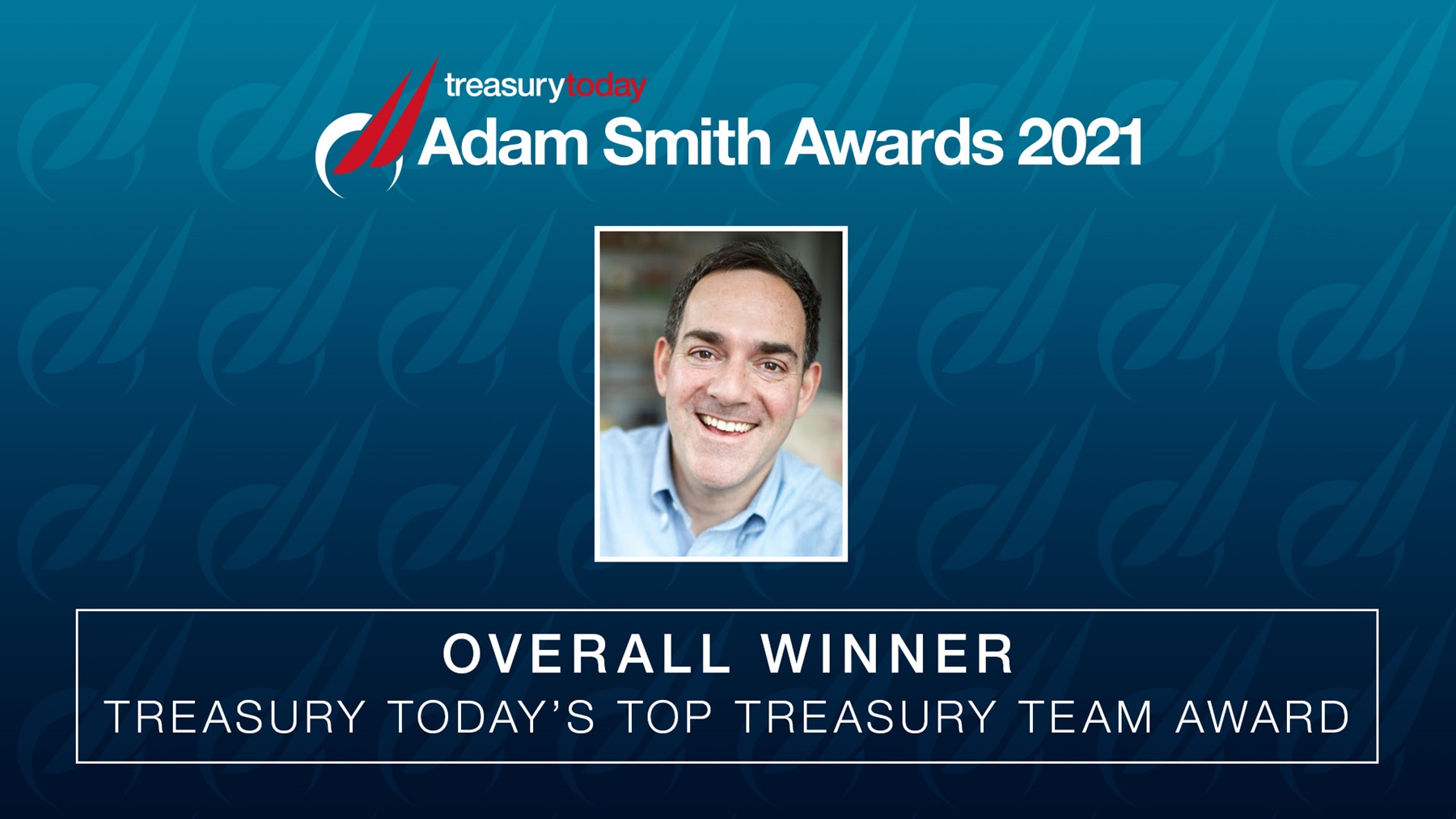
Google’s treasury department had already set in motion a cross-functional treasury management system (TMS) transformation prior to 2020, as part of parent company Alphabet’s multi-year finance systems modernisation journey. The treasury team’s objective was to upgrade its technology to support growth for the rest of the business. When the pandemic hit in March 2020, treasury faced an inflection point. The team needed to decide if it should proceed with its transformational initiatives or pull back, given the many personal and professional challenges presented by the health crisis. The team decided the initiatives were too important to delay and committed to moving forward not only with the systems modernisation efforts, but also a number of new transformational initiatives targeted at addressing societal challenges related to racial equity, as well as COVID-19 and its impacts.
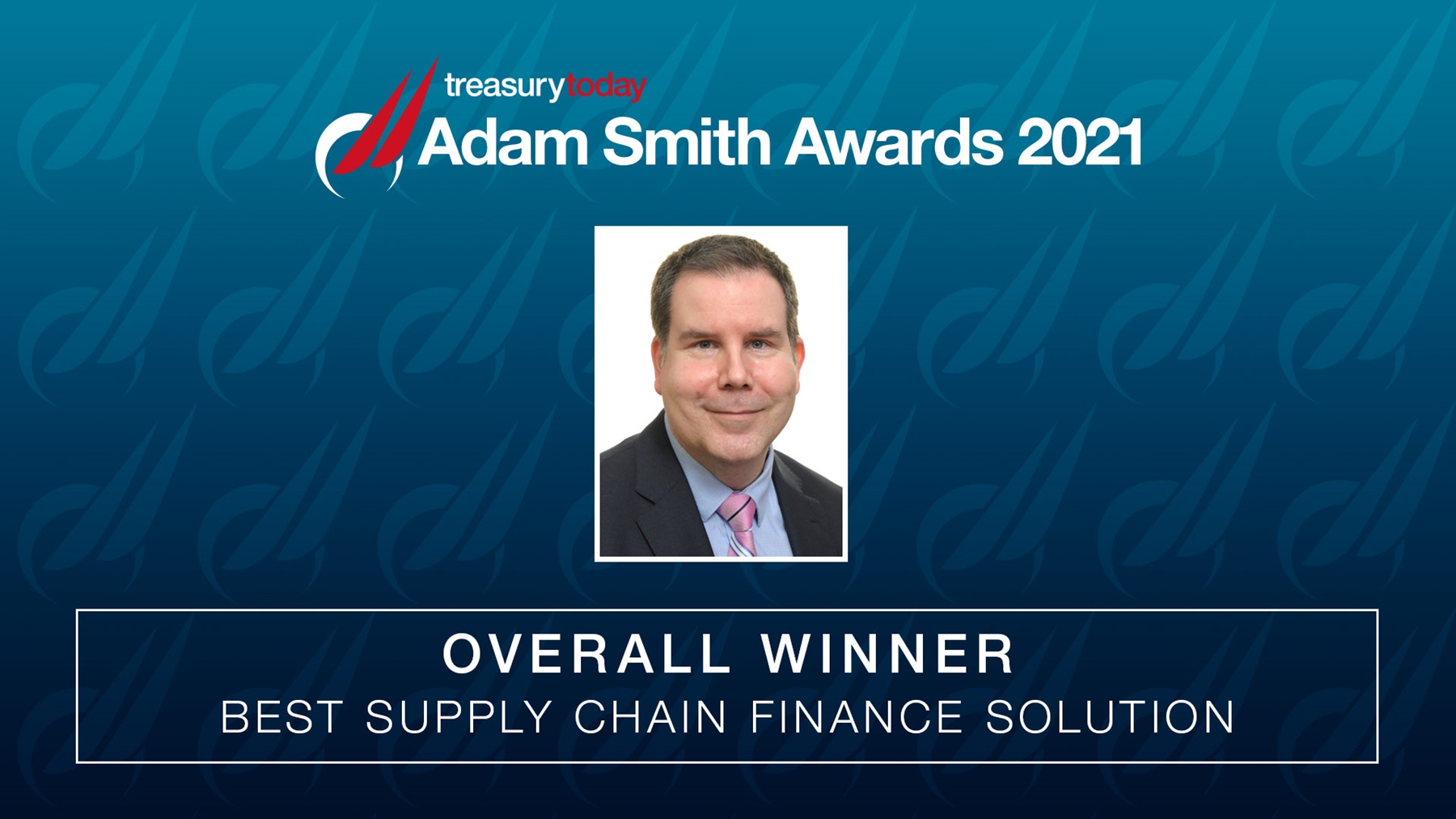
Bridgestone has a highly ambitious ESG and sustainability agenda and expects to achieve more than merely meeting standard key performance indicators (KPIs). The company wanted a supply chain finance programme where sustainability was placed front and centre; not just as a bolt-on, but as an integral driver of the solution.

The treasury team sought to unlock efficiencies and drive the business back towards profitability. The key to this strategic approach was to harness data to drive more informed decisions. Under a legacy approach, HCSC’s treasury operated multiple independent financial platforms across cash management, short- and long-term forecasting, investment management, corporate acquisitions, cash and investment and treasury systems, to name a few. Data, and in many cases decision making, were siloed by function. This structure diminished the opportunity for collaboration and optimal outcomes.
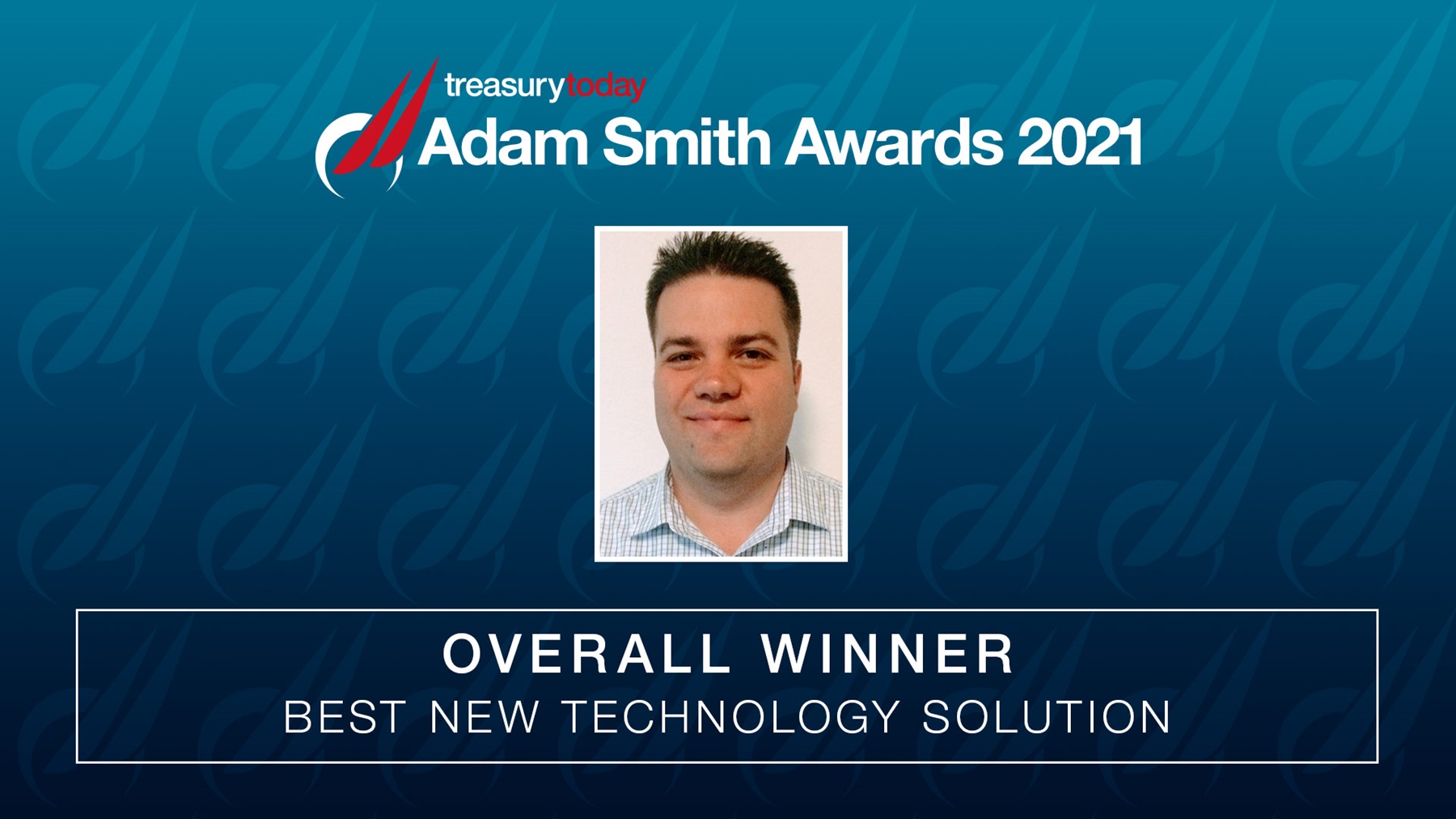
Payroll processing is one of the many services TriNet Group, Inc. offers its clients. The team processes payroll for thousands of customers, making direct deposit ACH payments every business day leading to millions of transactions per year. Sending out payroll payments involves monotonous and manual work at the end of each business day for TriNet’s treasury operations team, who began exploring robotic process automation (RPA) technology to improve efficiency within the process.
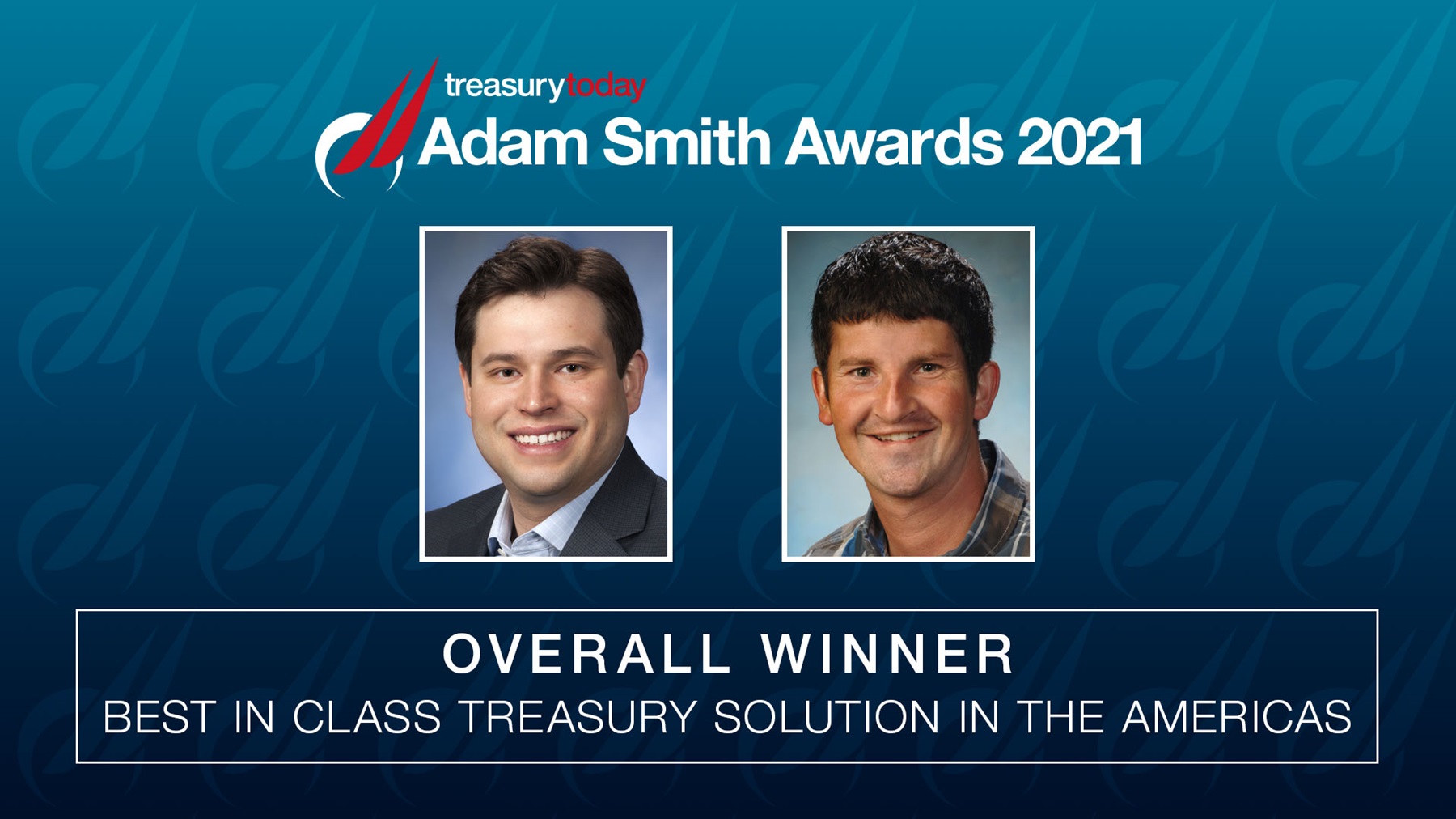
Marathon Petroleum Company (MPC) had built a complex cash management process that involved ERP systems and bank accounts across several banking partners. This resulted in an opportunity to streamline the company’s cash optimisation process and optimise its ability to quickly determine an enterprise-wide cash position.
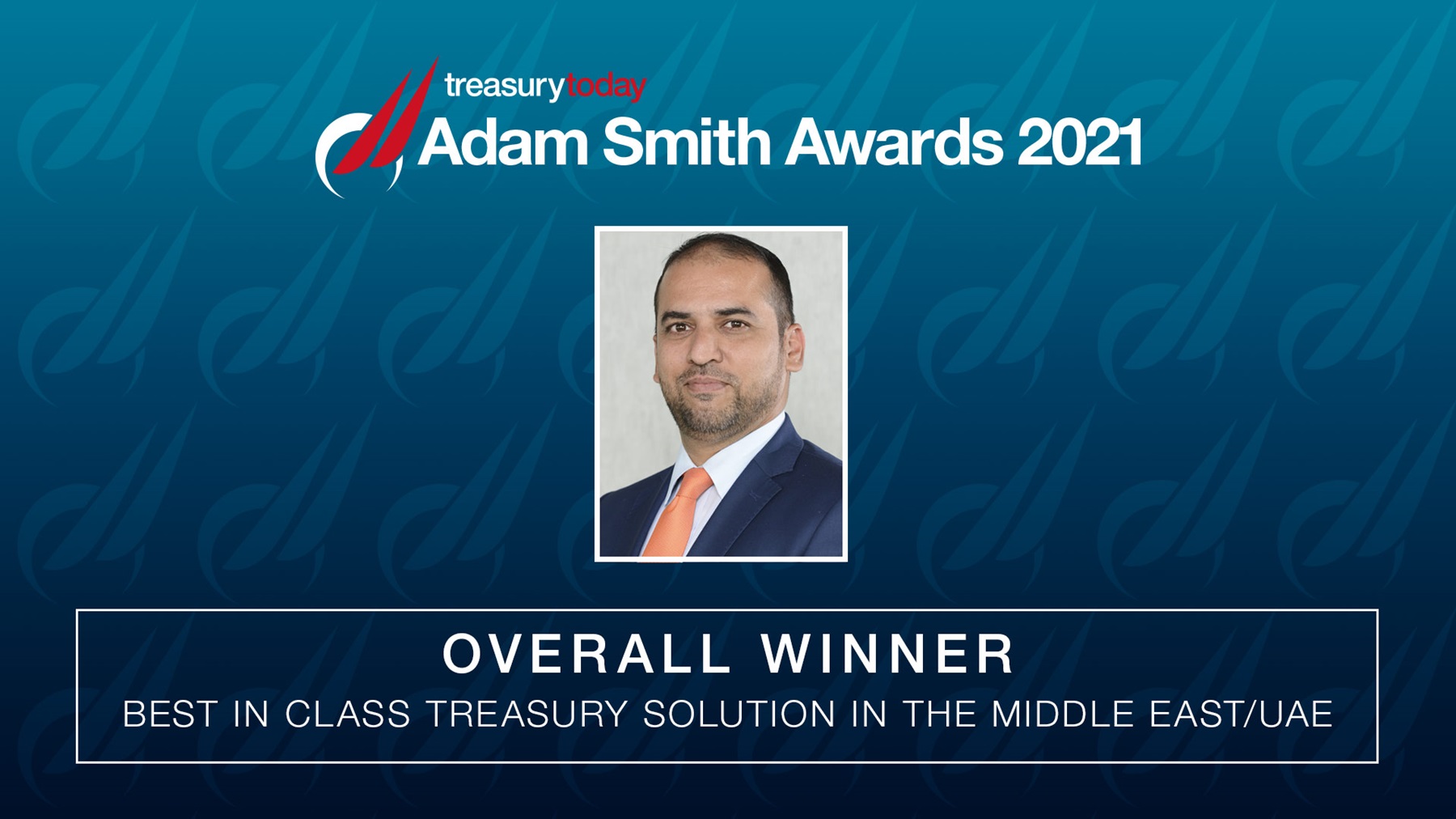
ACWA Power maintains a complex corporate structure that relies on hierarchies of legal entity and special purpose vehicles (SPV) to manage capital allocation and financing, segregate operations, and control risk. The account landscape across the group supporting the various HoldCos and OpCos is approximately 600 bank accounts.
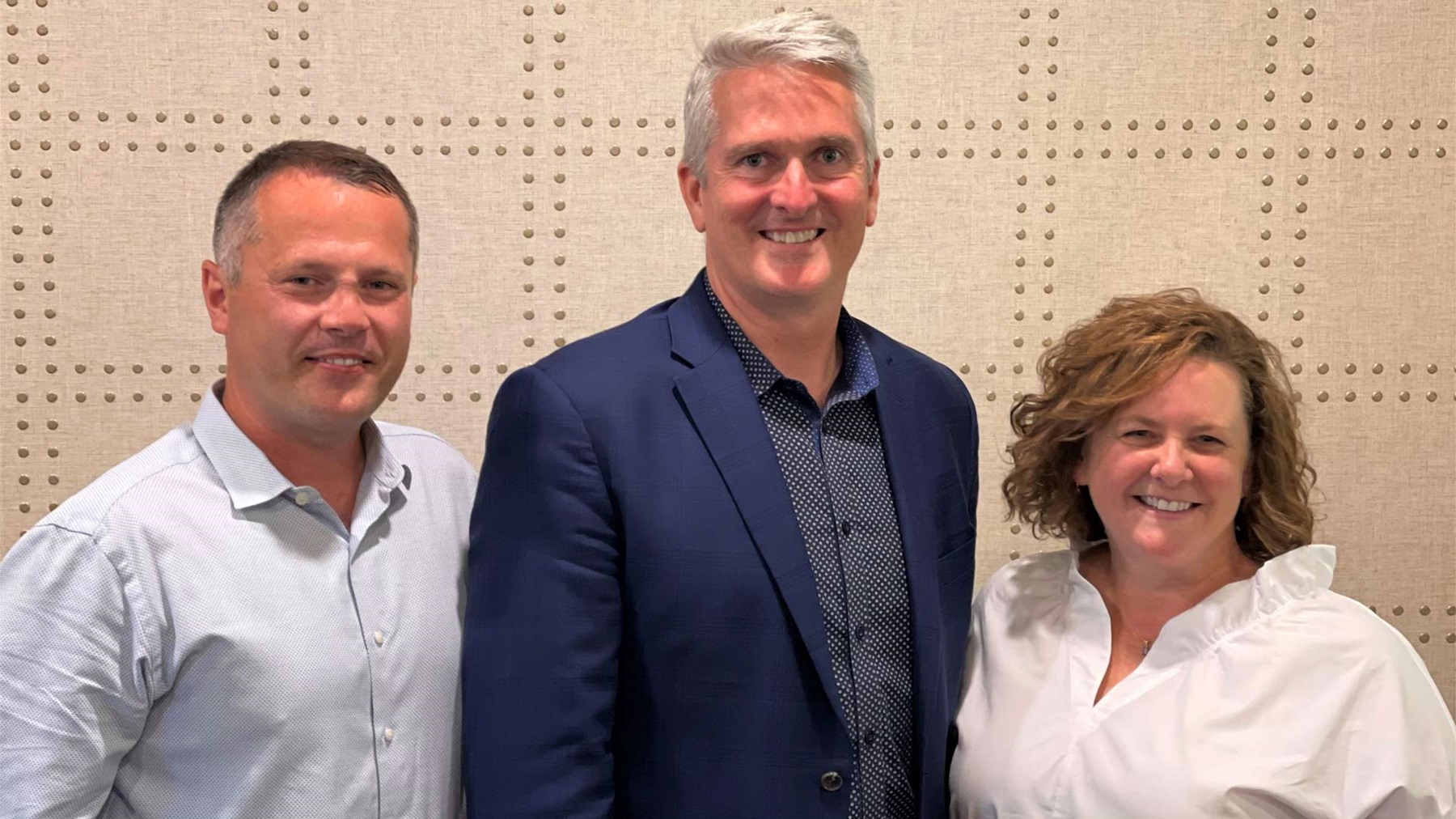
In 2019, less than a year after its initial public offering (IPO), Elanco announced an acquisition of Bayer Animal Health, which would increase the size of the company by 50%. As a new public company still operationally tied to its former parent, Elanco realised it would take a monumental effort from the treasury team and respective banking partners to navigate the increase in complexity and integrate the business into their global operations.


Historically, Whitbread had a very manual process to manage its liquidity. The company was trading for two entities via telephone with seven money market fund providers in EUR and GBP (two of whom were also accessible on a different platform but from which trades did not feed into the TMS automatically), then manually rebooking trades into its TMS to initiate fund payments. With a lean treasury team, increased volatility with cash flows due to the pandemic, and the added challenge of working remotely, Whitbread wanted to automate its investment process, reduce operational risks, increase controls, and implement system connectivity within its cash management process.


Two years ago, Medtronic announced a global finance optimisation programme with the vision to have a best in class finance team operating with a global mindset and serving as a valued business partner by providing innovative and impactful contributions to further the Medtronic mission. Amongst many other elements, this encompassed a new operating model with re-alignment of global transactional finance activities. To enable this significant change, Medtronic required state-of-the art technology to support its global initiative of improving process efficiency, controls and centralisation.
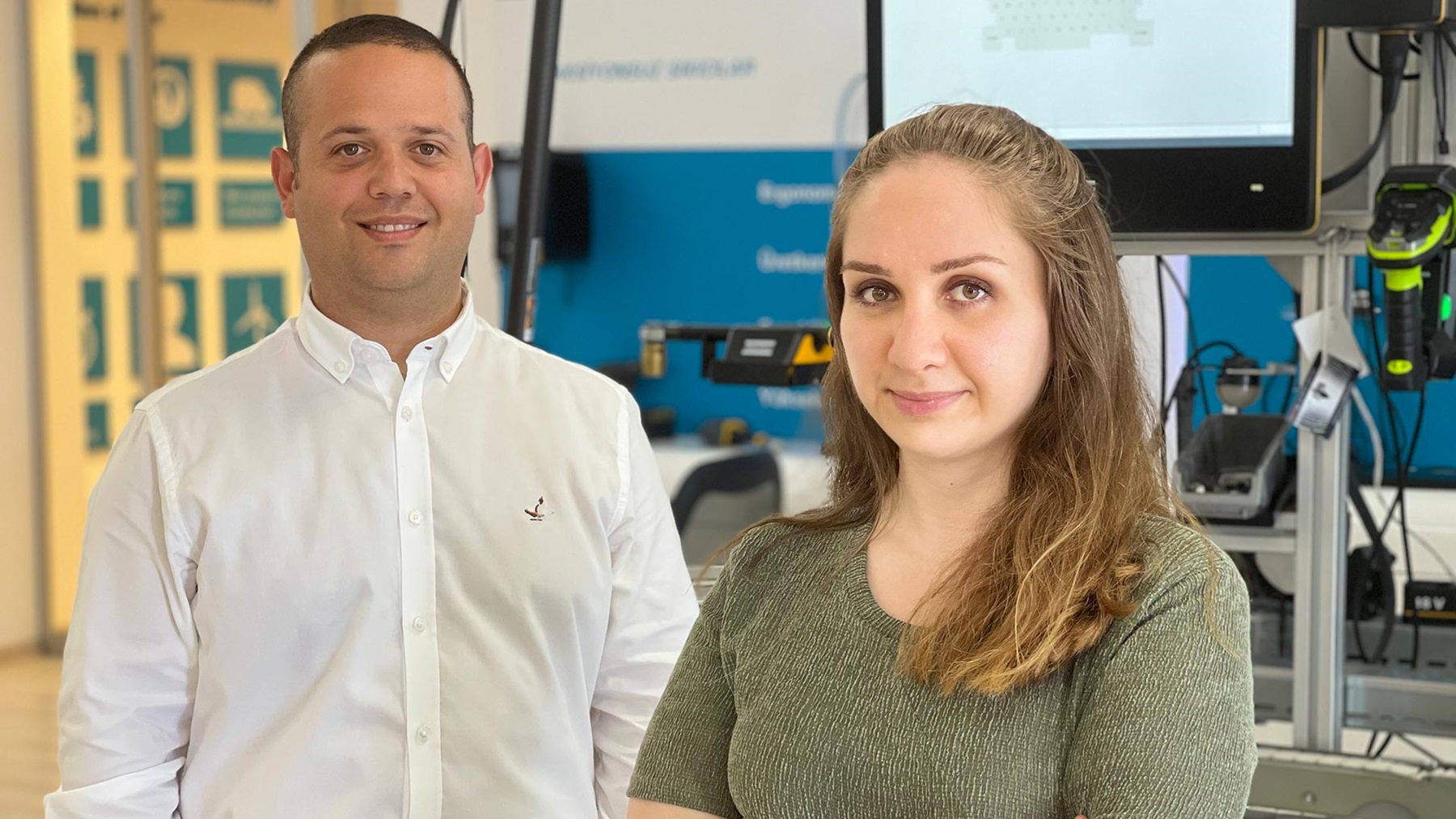
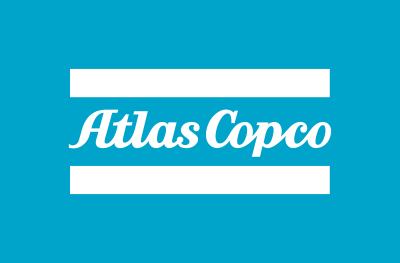
Atlas Copco has been operating in Turkey since 1950 to help its customers to increase efficiency with sustainable productivity solutions. Its products are sold to the ultimate customer via the following channels: distributors, direct sales and indent sales.
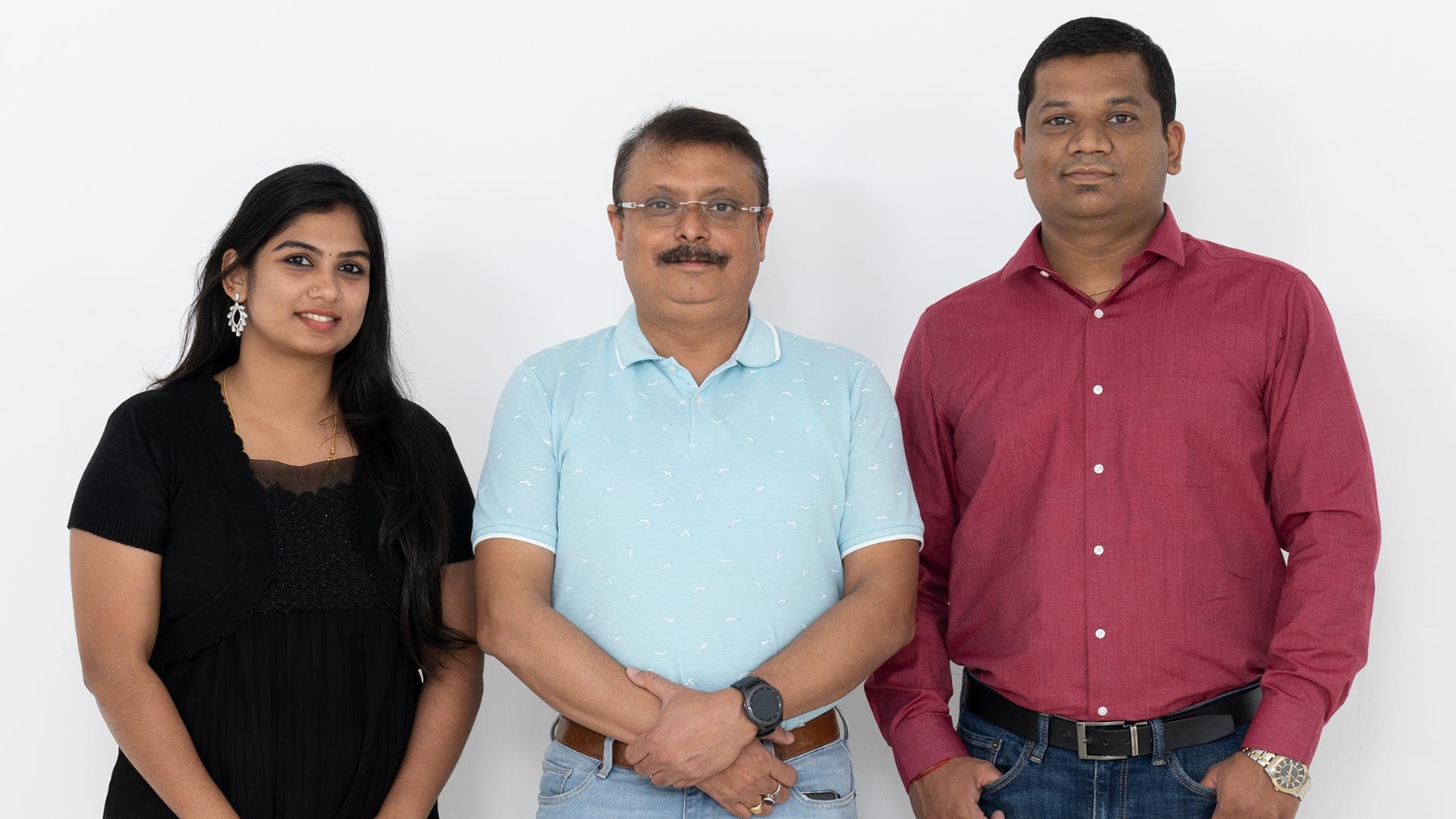
During 2020, Royal Palace Furniture successfully converted one line of its fifth production facility, which manufactures non-woven fabric, to address COVID-19 personal protective equipment (PPE) needs by supplying fabric to make face masks. It is this type of business management insight that also led the company to take a step forward, away from the manual cheque processes that are still prevalent in the region.

Holcim is striving to become the global leader in innovative and sustainable building solutions, shaping a world that works for people and the planet. The company designed a holistic sustainable financing and liquidity management strategy covering communication with bond holders and rating agencies, cash investments, long-term and fi nally short-term funding. Regarding the latter, only few precedents around ESG integration in the commercial paper market exist and the market, whereby large corporates issue securities to fi nance short-term obligations, is renowned for its fast-moving nature.
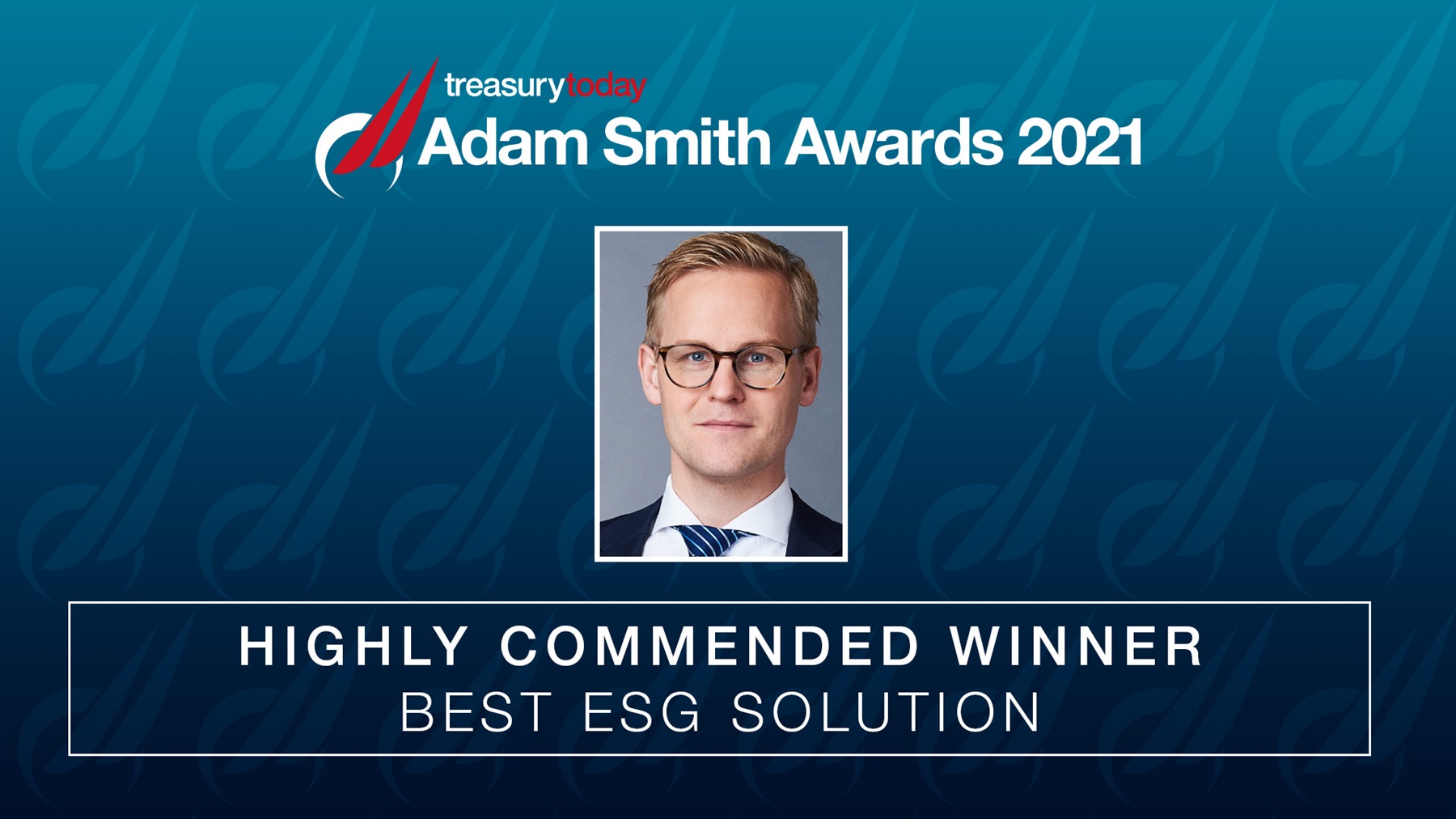
Royal Schiphol Group targets zero emissions and zero waste by 2030 in its portfolio of airports and holds ambitious ‘energy positive’ and ‘circular airports’ targets for 2050. Elsewhere, the company is striving to improve the balance between communities and the airports it operates and help stimulate sustainable aviation in the sector. Schiphol has launched a significant green bond programme, issuing its first €500m green bond in 2018, with a further €750m issued in April 2020 and €500m in September 2020. The proceeds have and will go to support investment in green buildings and clean transportation around the airports.
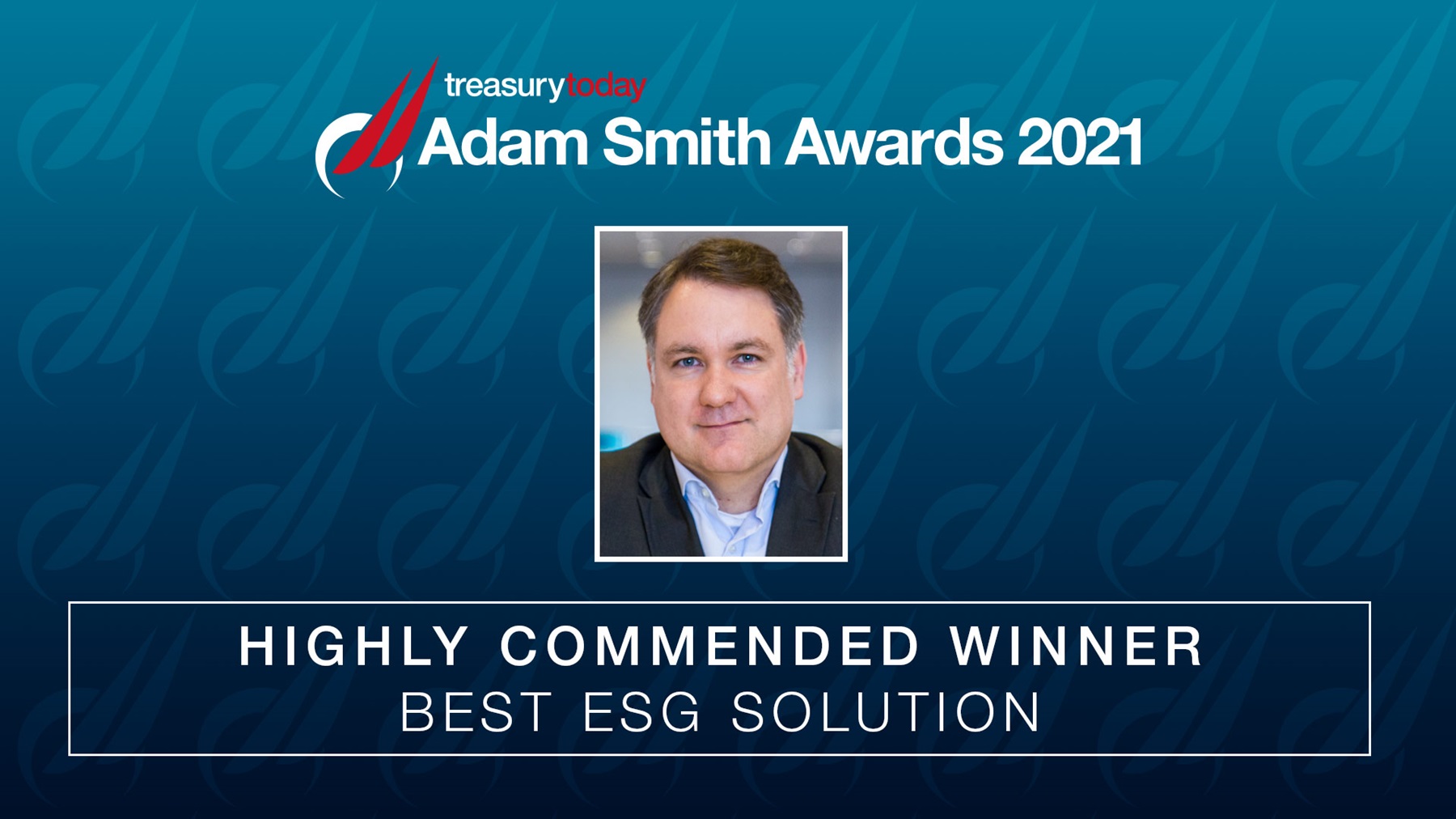
Sustainability is a central component of the Dürr Group strategy and the company has played a leading role in tying its cost of financing to sustainable targets and raising awareness of ESG-linked products amongst investors.

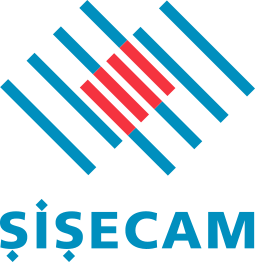
Şişecam has complex treasury operations in 21 countries, including the countries where it manufactures, but treasury operations are managed from its Turkey HQ. With increasing risk of fraud, risk management across the enterprise had become increasingly problematic.

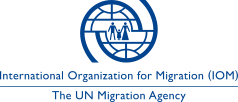
IOM was holding approximately US$1.5bn of excess liquidity across USD, EUR, GBP and other G10 currencies cash balances. The organisation is focused on diversifying and reducing counterparty credit risk within its cash management strategy and liquidity planning and to enhance sustainable development in their portfolio. However, with a small treasury team, very little financial infrastructure and financial regulations that limit the investment to a short term horizon IOM’s cash investment options were limited historically to unsecured bank deposits and money market funds.
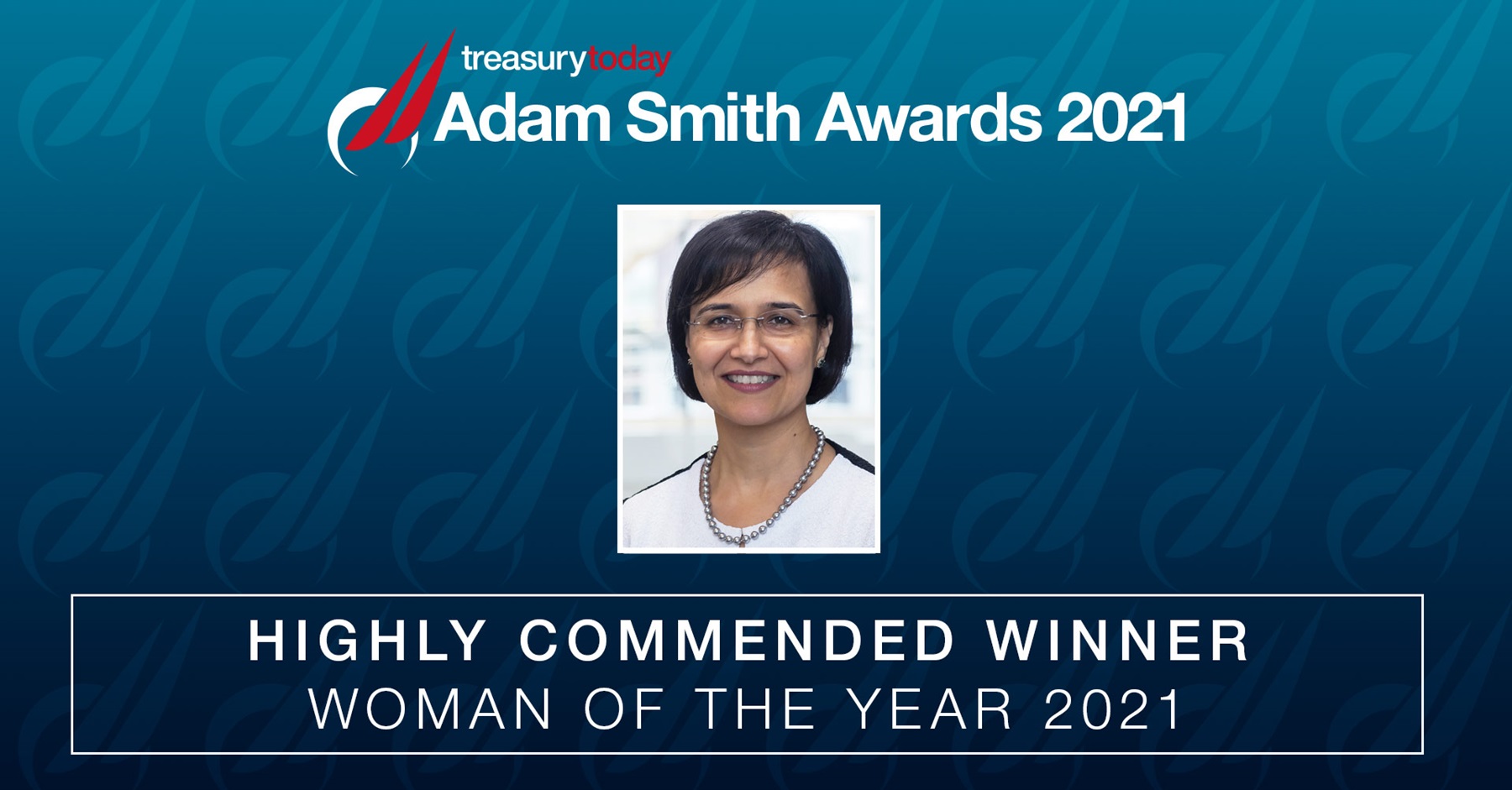
Within the insurance field, a largely male dominated space where women represent less than a quarter of senior leadership, Nandini Mongia stands out. In her current role, she is the first woman to hold the role of Treasurer at Prudential and is also the sole female executive on Prudential Global Finance Community’s senior leadership team.

Cooke realised the need for a best-in-class treasury function servicing the business efficiently and effectively with the following aims: operate scalable solutions; unlock cash to fund growth; manage currency exposures more effectively; reduce manual effort in both treasury and finance, related to payments and collections; increase IT security around bank connectivity and payment processes.
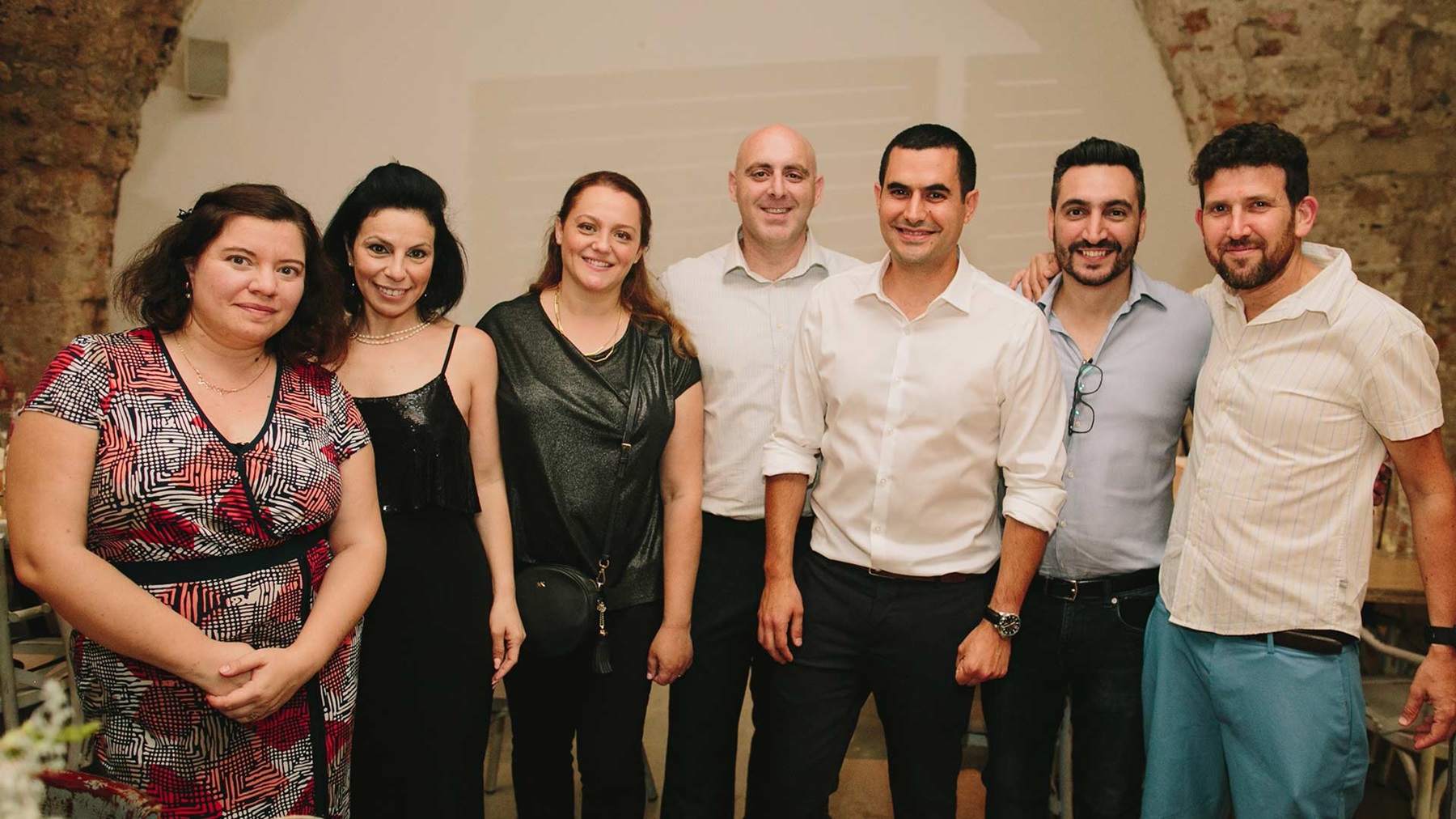
Teva Pharmaceutical Industries is operating globally, with exposure to more than 50 currencies. The company is relatively leveraged and sensitive to cash flow. Risk modelling is a material challenge since it relies on forecasting and involves a large number of currencies (many times correlated to each other) with different market conditions and sometimes major volatilities.

As THG grew, the company developed its marketing and sales strategy to be even more directly integrated with its customers in processes that involved leveraging three distinct strategies: engagement with micro influencers on various social media platforms; the ability to offer services in our consumers’ local language involving partnering with translators through our translation business; to process refunds in a more streamlined and faster way. Challenges posed included refunding customers with no deductions via the same method they paid for goods, and paying suppliers such as influencers and translators for their services, many of whom don’t have traditional bank accounts or were only due “one-off” payments.

The FX risk management team at Medtronic envisioned a dream state for balance sheet hedging. The legacy state contained many disparate systems (ERP, TMS, FX risk management platform, FX trading platform) that were not speaking to each other. This resulted in large amounts of time working manually, downloading data from all these systems, uploading to another, and reconciling. The FX risk management team desired a ‘one-stop shop’ where the Medtronic FX risk management platform was fully connected to all the disparate technology systems. The second goal was to eliminate several low value-add, manual processes.


CDK issues around 27,000 invoices a month. However, the company did not have an automation workflow tool for managing credit and collections activities. Instead, a standalone ticketing system was used to manage activities such as disputes and sending reminders to call customers.
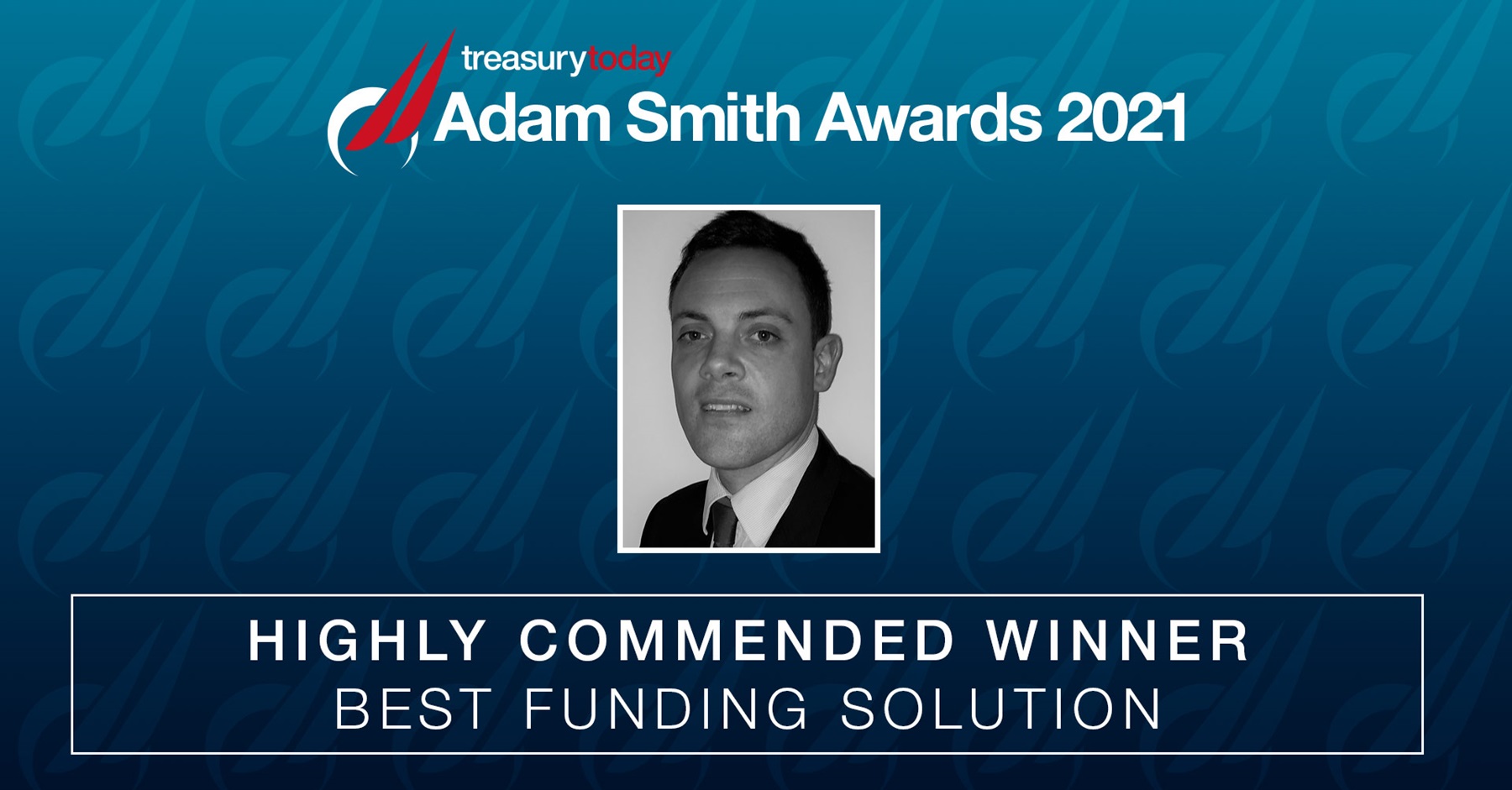
Since the outbreak of the coronavirus pandemic, there has been an unprecedented drop in demand for air transport. Rolls-Royce derives around 20% of its revenue based on aero engine flying hours under long-term service agreements with customers. The sustained period of lower traffic and aircraft groundings affected Rolls-Royce as airlines deferred capital expenditure and operated aircraft at reduced capacities, placing pressure on the company’s financial performance, liquidity and free cash flow generation.

At the time of this transaction the world was in the middle of the COVID-19 global pandemic and West Texas Intermediate (WTI) crude oil prices went into negative territory.

The Government of Brazil published a new regulation that stipulates federal (and certain state, local) public sector entities cannot pay for subscription licences/services before usage. The need to comply with this rule is primarily on Microsoft’s partners, since all public sector purchases in Brazil are through partners. This would not only affect potential revenue for Microsoft, but also have a big impact on the working capital of the company’s partners in this sector.

In March 2020, as the COVID-19 pandemic reached Brazil, Kimberly-Clark (K-C) immediately stepped up to ensure that its hygiene products were available to protect families and communities. At the same time, its clients and distributors in Brazil were challenged to manage the unprecedented working capital pressures created by the pandemic.

Microsoft’s Global Treasury and Financial Services (GTFS) function manages credit risk, collections, cash application, customised payment solutions, and treasury operations and is responsible for collections of US$100bn+ in yearly sales from hundreds of thousands of customers. GTFS operations is supported by thousands of business processing outsourcing (BPO) staff from Accenture across the globe.
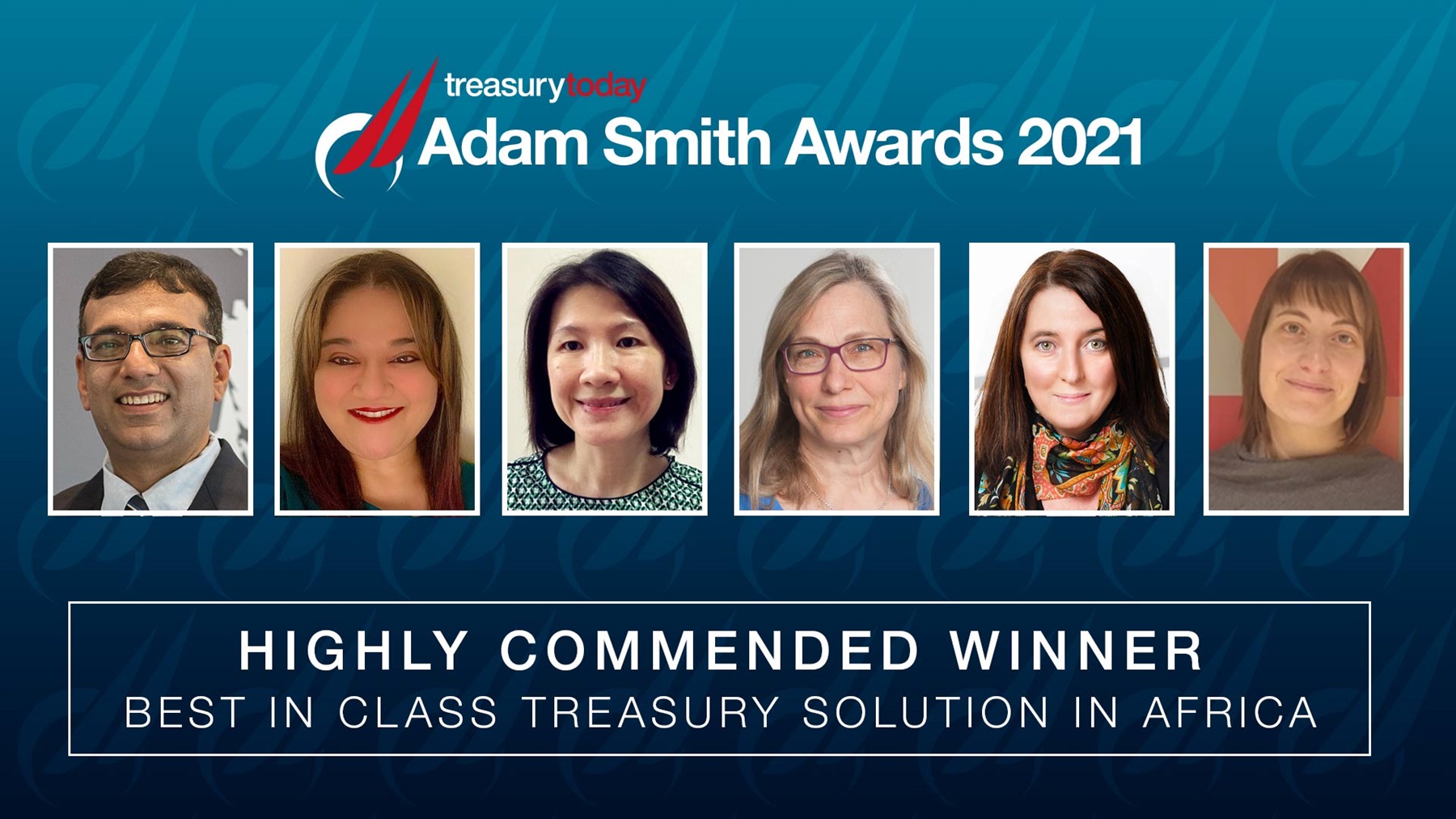
Microsoft wanted to enable local currency financing in Africa for cross-border software sales. Microsoft cloud has more global coverage than any other cloud provider and the company is conscious that many of its customers would benefit from extended payment terms.
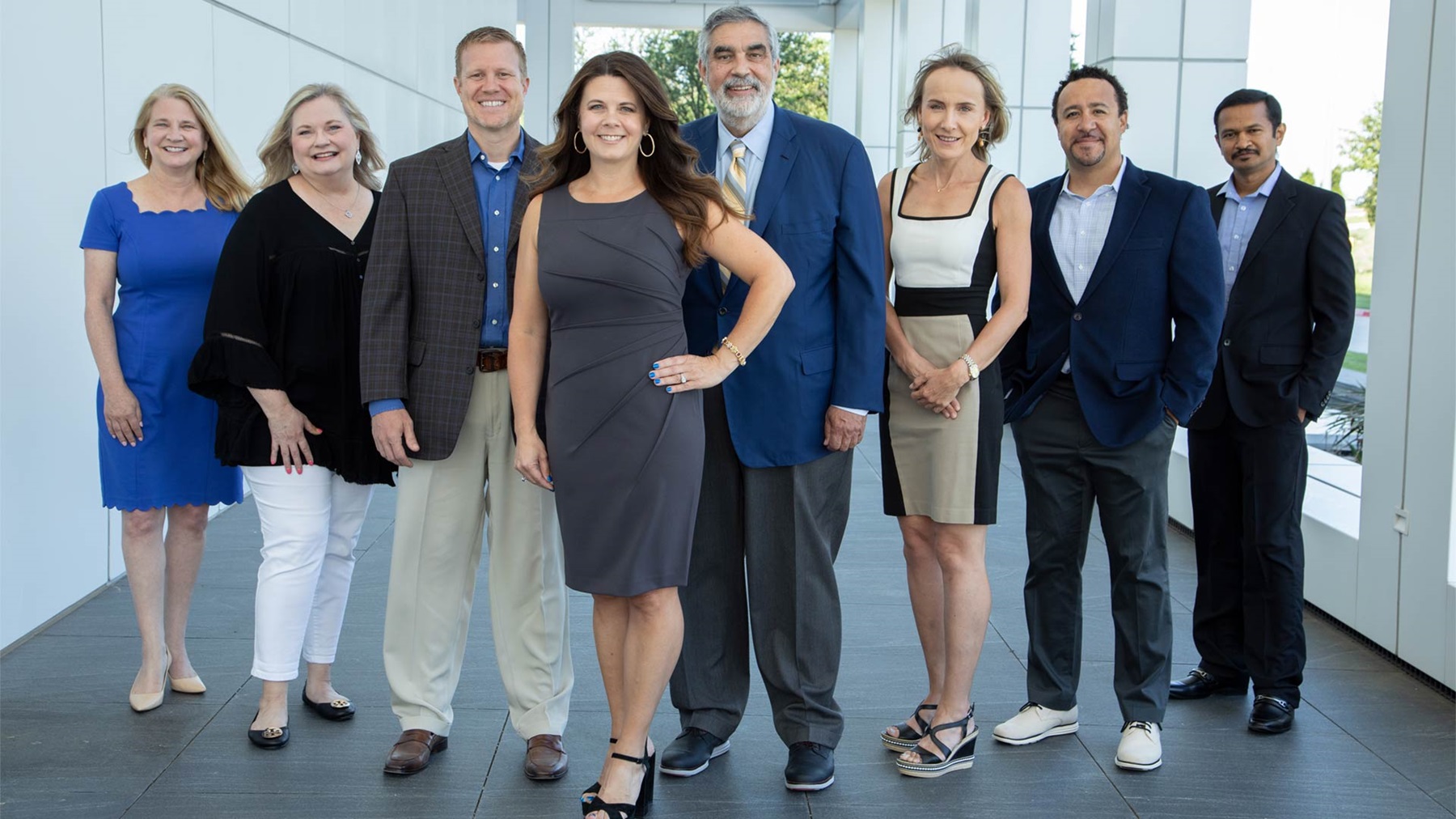
Due to its active acquisition strategy, NTT DATA is a multi-billion-dollar organisation with expansive international operations across 65+ foreign entities, managing 30+ currencies and 200+ bank accounts spread over 20 banking partners.

In early 2020, Tesco agreed to sell its Thailand and Malaysian businesses for US$11bn. The transaction was large and complex. It required a 62-stage process to complete the sale, with each step being interdependent of each other, involving 42 different banks and two major law firms.

Tetra Pak’s customers have, in recent years, sought to extend their payment terms. To remain competitive, Tetra Pak was eager to accommodate its customers’ expectations. However, longer payment terms for customers would have a significant impact on Tetra Pak’s own cash flow and working capital. It therefore sought to extend its supplier terms to a minimum of 60 days which was an additional 40 days for some of its suppliers. Tetra Pak recognised this would present cash flow challenges for many suppliers.
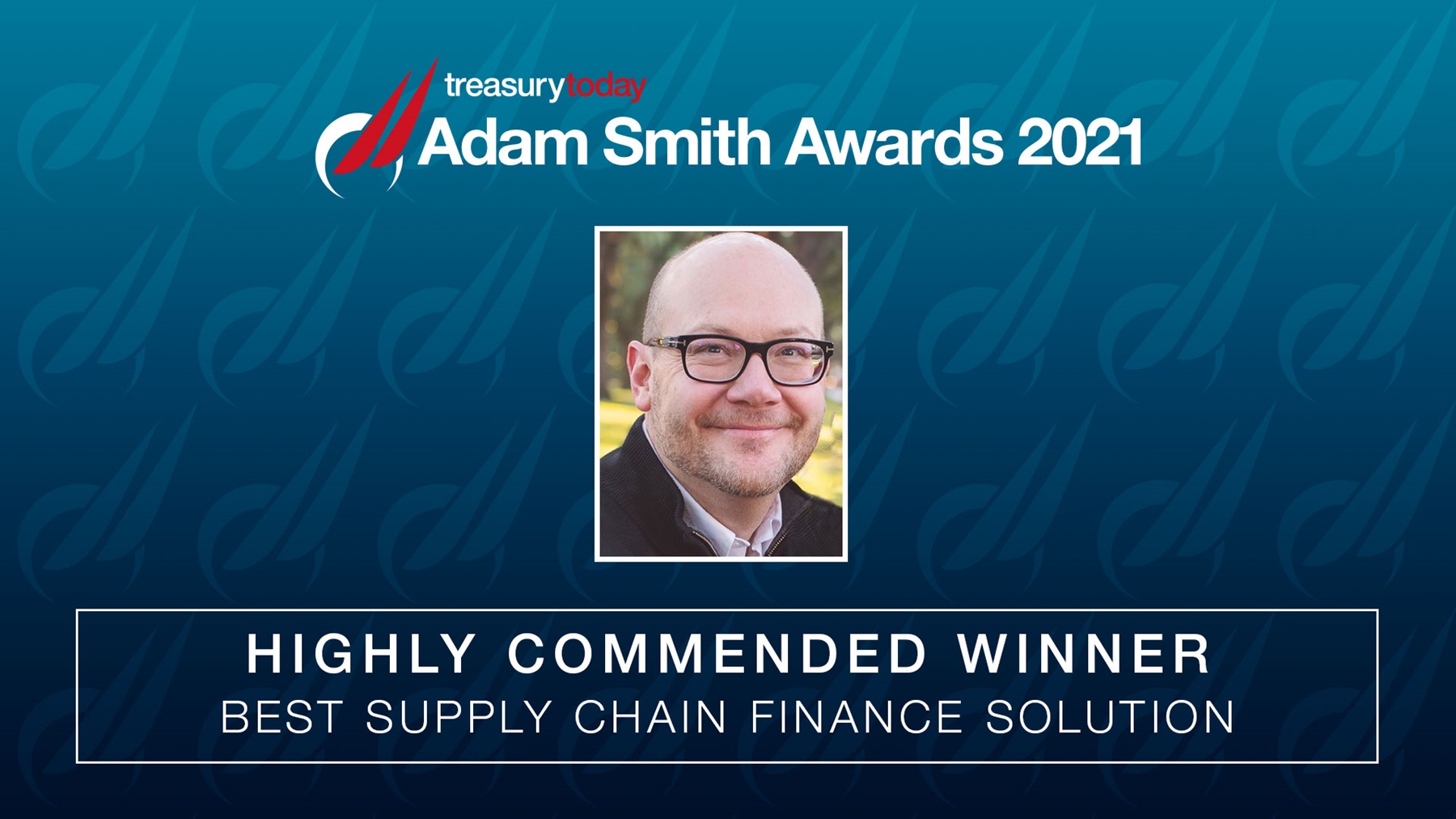
In 2019, the company revisited the previously investigated supply chain finance (SCF) idea and found greater receptivity among its vendors, although there was still no bellwether programme within the oilfield services sector.
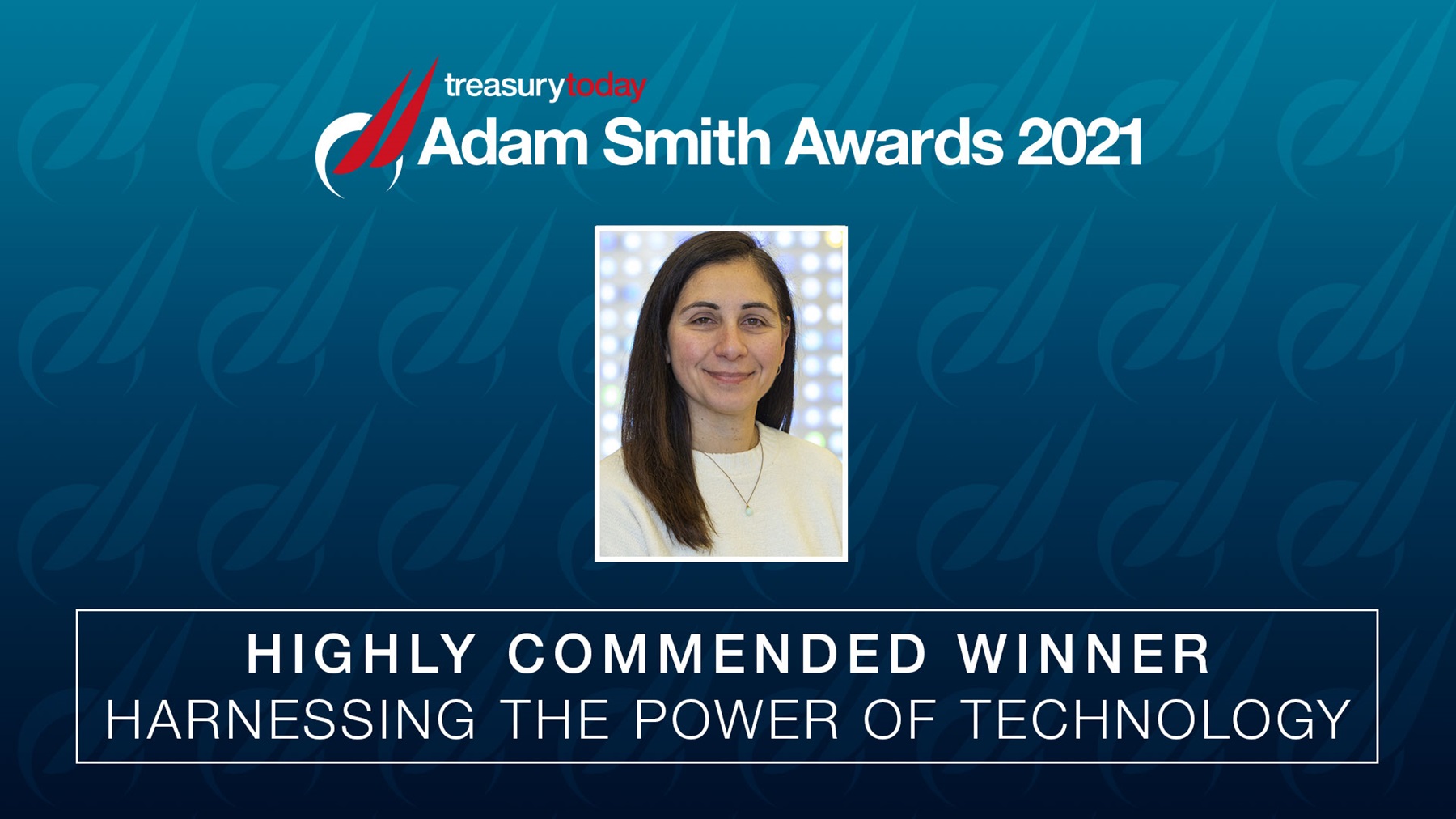
As a cash rich, highly acquisitive company with leading R&D programmes, including a phase three study in severe COVID-19 cases, Alexion needed to have a real-time picture of its cash to optimise liquidity for its operations. The goal was to automate as many of the company’s treasury processes as possible, boost data validation and data accuracy and build a world-class treasury dashboard.

Like many corporates, Unilever has hundreds of bank accounts across subsidiaries, continents and time zones: it has 100+ payables accounts in western Europe alone. Working in euro, Swiss franc, US dollar and sterling, Unilever’s treasury needs visibility of exact funds in each account in order to make accurate, timely FX trades and ensure proper cash management. Traditionally, Unilever has had to rely on previous-day statements to ascertain its financial positions. But in a fast-paced multi-national, this information can quickly become out of date.
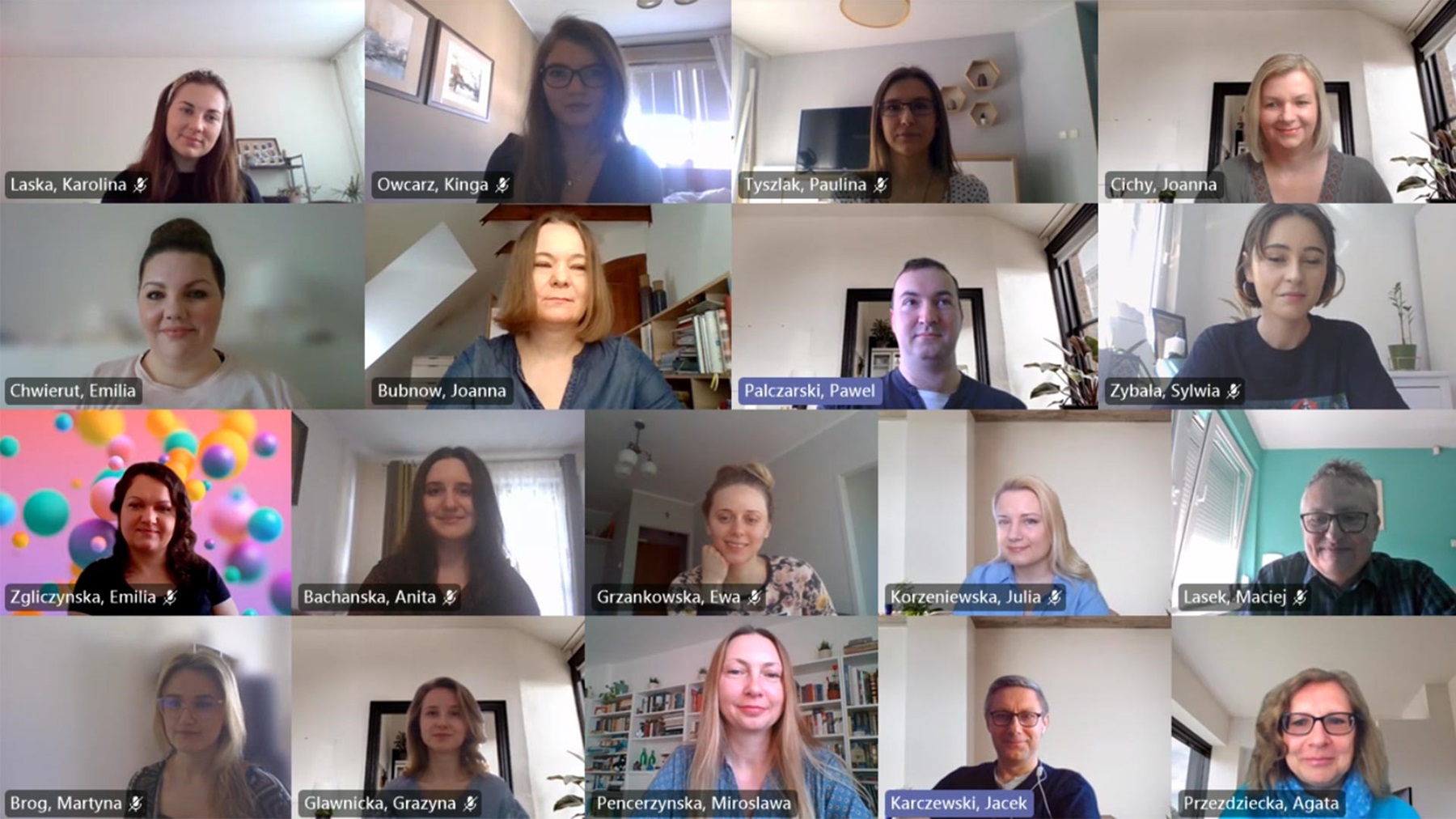
When US-based ACCO Brands acquired Europe based Esselte in 2017, it created an office products powerhouse with revenues of $2.0bn. The merged company owns dozens of brands including Kensington, Leitz, Rapid, Rexel, Swingline and Five Star, and has more than 6,000 employees worldwide. For global treasurer Jagannath ‘JB’ Bobji and his team, the challenge was to integrate the Esselte business with operations in 22 European countries into ACCO’s treasury structure, so they turned to Bank of America for support. Bank of America had been their primary banking partner for many years and became involved in supporting the expanded treasury structure in Europe and the shared service centre (SSC) based in Warsaw, Poland.
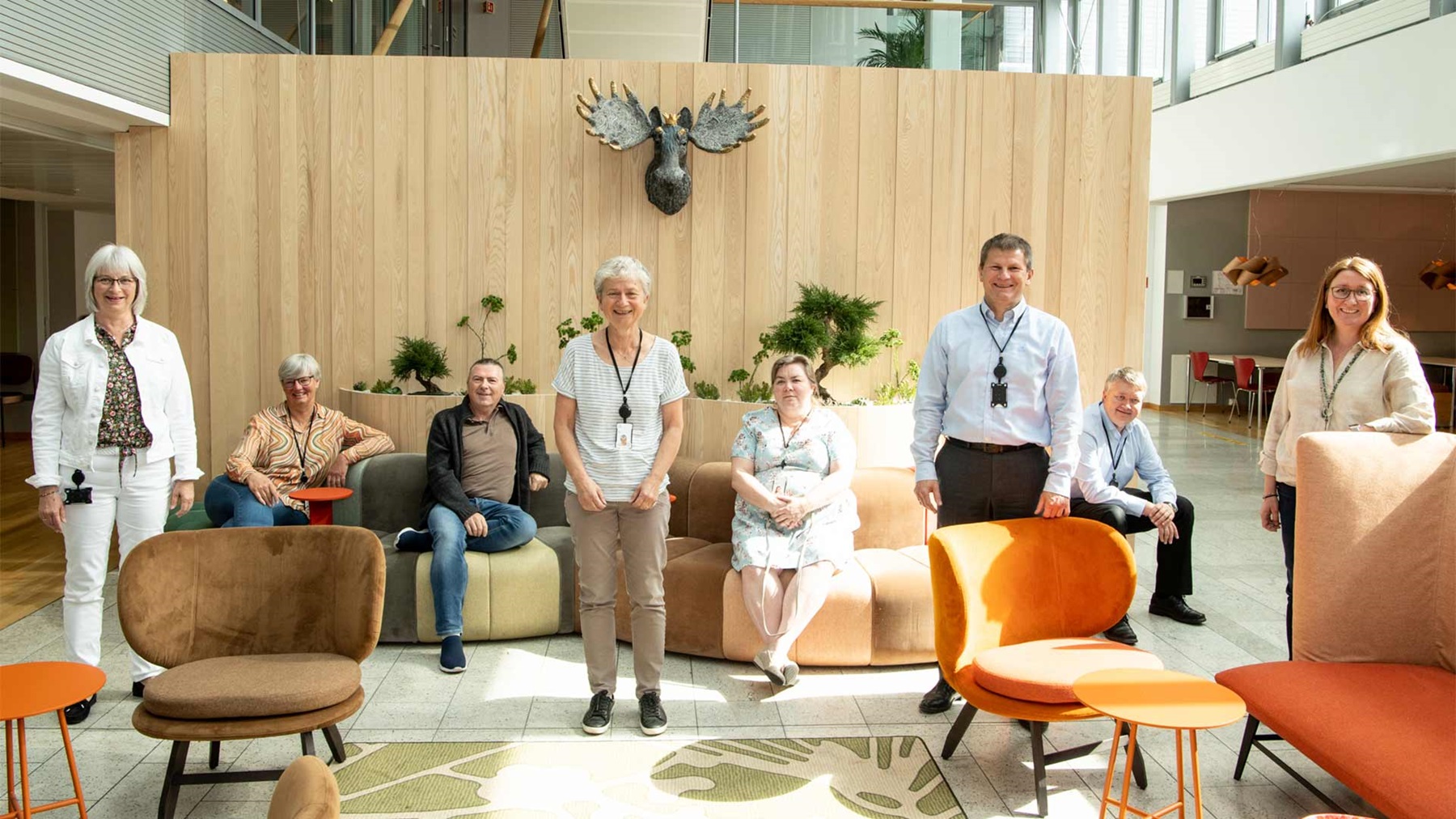
Norsk Hydro suffered from a lack of real-time cash visibility in addition to an ambition to improve and increase the speed of the accounts payable (AP) and accounts receivable (AR) reconciliation. This was a result of its traditional set-up whereby conventional account statements were only received from its CM banks end of day, and then, only covering the previous day’s transactions. The company needed an ‘out-of-the-box’ solution to enable provision of real-time reporting information. This would bring a myriad of benefits including increased visibility, faster decision making and better control of risk.

Latin America is a key market for Baker Hughes, representing more than US$2bn in revenue. Its biggest market in the region is Brazil.

Once Delivery Hero had strengthened its treasury team it wanted to focus on centralising liquidity and control to improve the company’s cash management. A detailed three-year plan was mapped out to support the company’s growth strategy. The treasury team began by working with local teams in MENA. Their goal was to gain a deeper understanding of the company’s existing banking structures and general operations in the region as well as pertinent local market regulations.